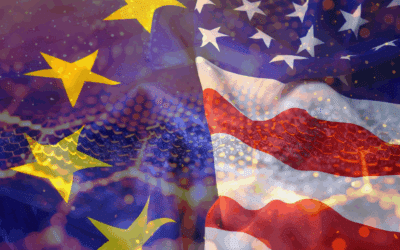7 décembre 2020
Accueil I The European Parliament co-legislators are very worried about the European Commission’s guidelines on the implementation of the Copyright Directive
As the 2010s are reaching their end, the European Union will have marked a significant shift in its policy towards the internet, and particularly with regard to the operating conditions of the web giants on our continent.
First, it was the adoption of the General Data Protection Regulation (GDPR) applicable from May 2018, which signaled to the world that data, and especially personal data, should be recognized as private property, and legally protected as such. We then saw American congressmen crossing the ocean to inquire about the founding principles of this text, which they seemed to be considering for their own purposes.
The other milestone was reached in the spring of 2019 when, after bitter negotiations, lobbying campaigns, disinformation, and threats, the Copyright Directive was finally adopted following a long democratic process. It aimed to regulate the power of content sharing platforms and to oblige them to remunerate more fairly the creative content, which is the backbone of our cultures and our democracies, and the press, on which they feed. A study carried out by Ernst & Young in 2014 gave the key explanation to this violence by industrialists against the European institutions, especially the Parliament: it showed that creation in Europe, all media and disciplines combined, was worth no less than 536 billion euros: too big a cake to share.
This reform aimed at adapting copyright law to the digital age is unparalleled in the world. It strikes a balance between the protection of creators, the obligations of content platforms and the rights of users of these services.
We thought the die was casted despite all the polemics and fantasies that fueled the debates. Mistake… We were astonished to discover that, taking advantage of the preparatory work for the future guidance on the transposition of article 17 (former article 13) concerning the use of copyright-protected content by online content sharing platforms, the European Commission was trying to circumvent the text voted by the European Parliament and the 28 Member States, exceeding its competences by re-interpreting it to the disadvantage of the entire cultural sector.
So let us be clear: as guardians of the Temple, the members of Parliament of the previous legislature who fought courageously in the name of the future of culture and the press, as well as those of the current Parliament, co-signatories of this tribune, we will not accept that obscure interests find refuge once again, in the shadows, with Institutions whose sovereign functioning has been codified to the letter in the Treaties.
Is it necessary to recall that the transposition of this directive by the Member States must be done in the strictest respect of the text? The European Commission must ensure full and complete vigilance as guardian of the Treaties and respect for the competences of each of its institutions.
This text commits us to guarantee the protection of copyright and related rights. It unquestionably takes into account the legitimate interests of consumers, platforms and creators.
Content sharing platforms, these tech giants, contrary to what some may have said, are not penalised by the Directive, because it recognizes their special status by not assimilating them to publishers, but by establishing a hybrid liability regime that goes beyond the obligations of mere hosts.
Rightsholders will have to cooperate actively if they do not want their works to be found on these platforms, and the measures then implemented by these platforms will be proportionate to their means and the state of the art.
Moreover, small and medium platforms (turnover of less than 10 million euros, no more than 5 million visitors per month, less than 3 years of experience) escape any preventive obligation to regulate unauthorized content.
This text recognizes that these platforms that distribute works must conclude licenses with the rights holders by paying them a remuneration based on the use of the content. In addition, artists will have access to information that will allow them to understand how their works are monetised.
In fact, this directive puts platforms and rights holders in a balanced and much more transparent relationship.
It is all creation that is valued by this text that it is essential to preserve as it stands.
As for Internet users, in the name of which the most aggressive attacks against the text were spearheaded, article 17 guarantees their entire protection. Internet users benefit from licenses granted by right holders and have a right to appeal in case of unjustified blocking. As a consequence, freedom of speech is entirely preserved
While on November 10th2020, the European Parliament finally renounced its request to member states to allocate at least 2% of post-COVID stimulus funds to the cultural sector, we believe that we should not weaken or even give up on properly protecting our creators, by endorsing the hegemonic situation that today is that of these giants of technology, the only big winners in this health crisis.
The co-signatories of this open letter urge that the letter and the spirit of the Directive voted by the European Parliament be scrupulously respected, as the misinterpretation of this text would constitute a serious breach for which the European Commission would bear responsibility.
#Dans les médias, #Actualités


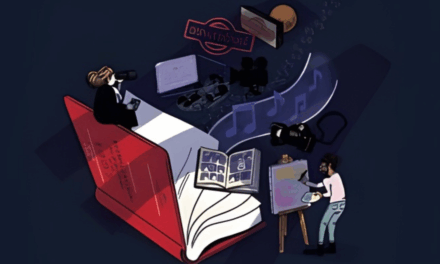
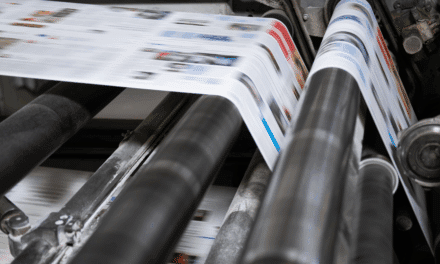

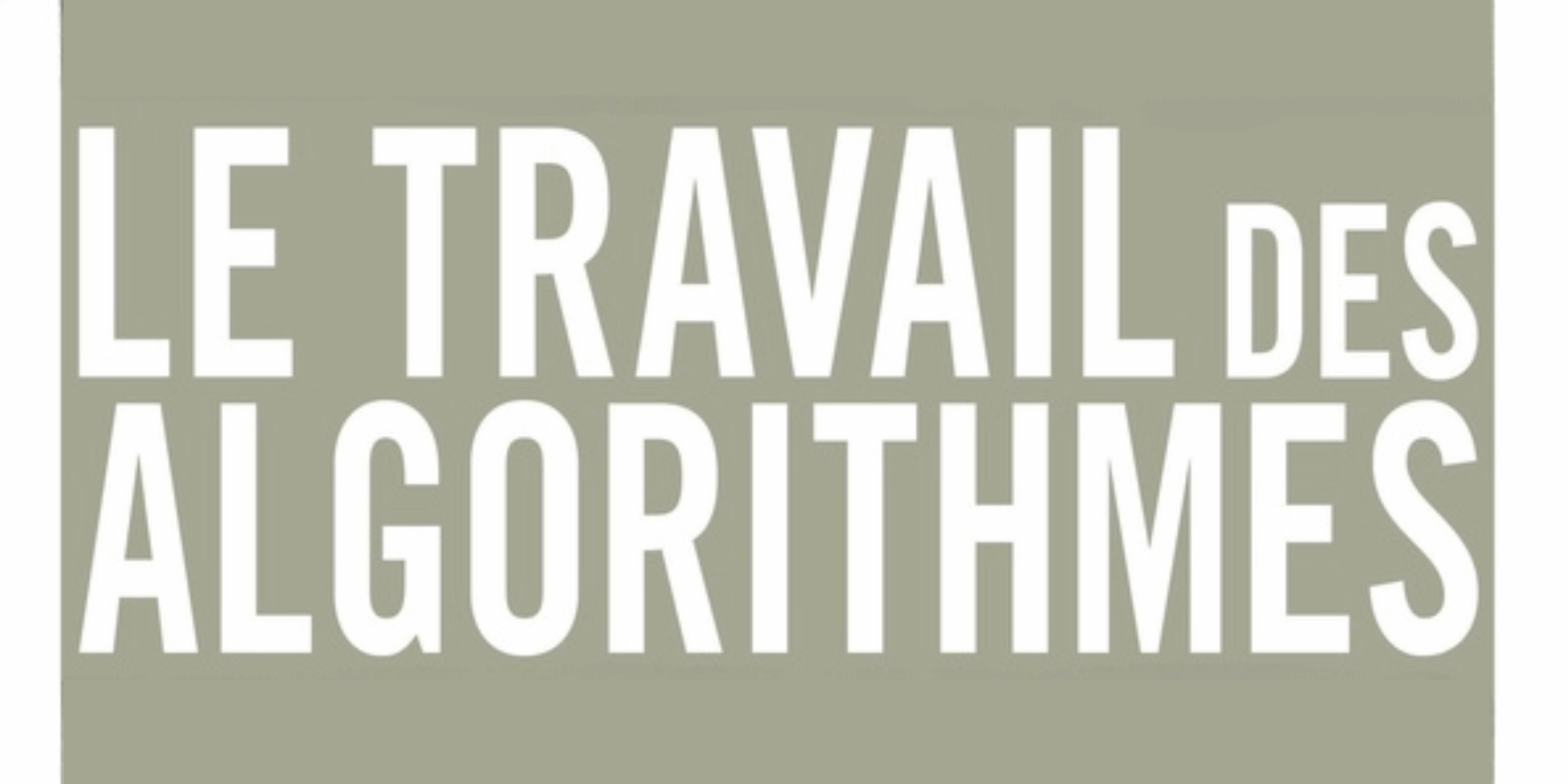
Dossier « Le travail des algorithmes » dans Socio

Éditorial de Michel Wieviorka dans Socio



Conference : How do we stack up ? | 02 june 2025


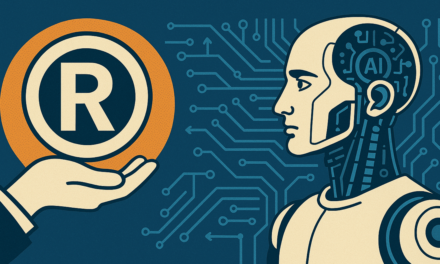


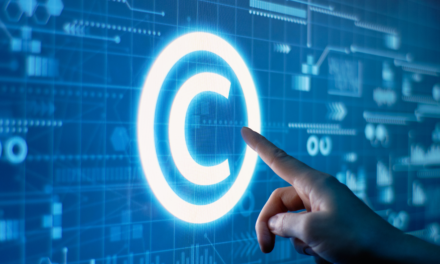

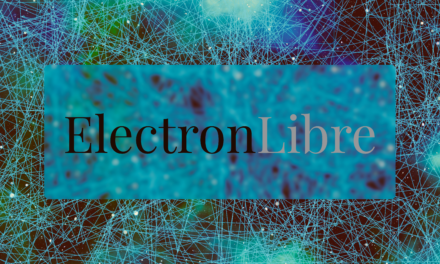







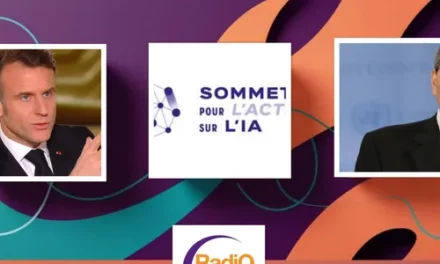



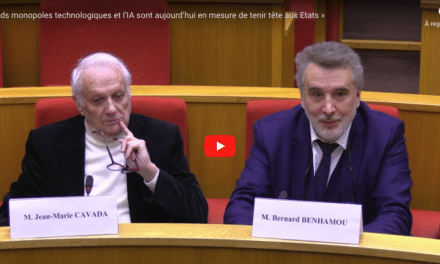
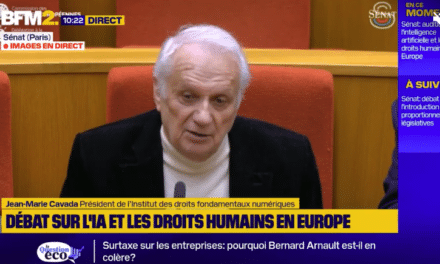

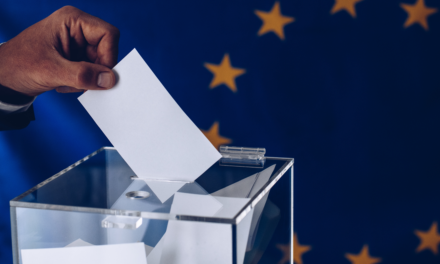
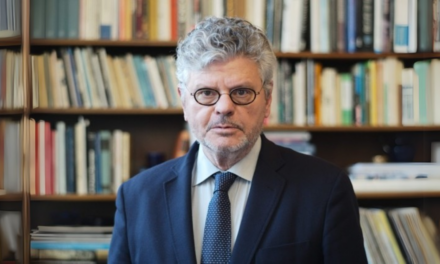

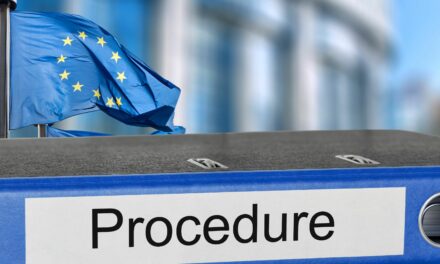

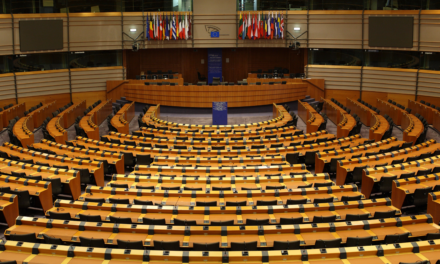



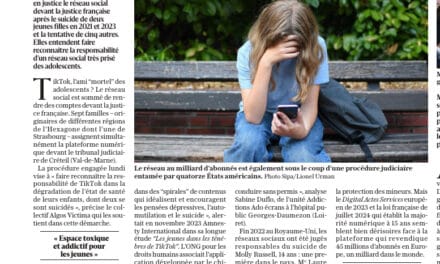




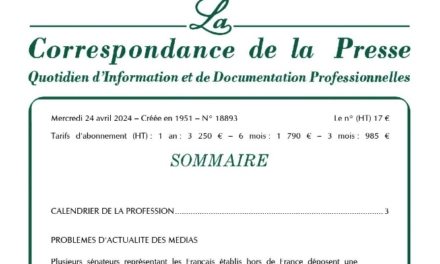
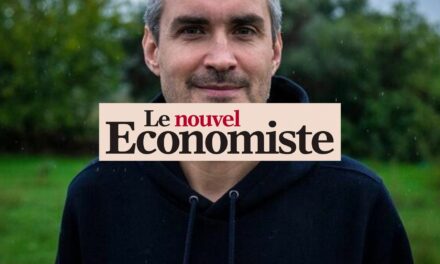




![[DSA, AI Act] Régulation, et si l’Europe avait raison ? Podcast les Eclaireurs du Numérique avec Jean-Marie Cavada](https://idfrights.org/wp-content/uploads/2023/12/8c234391-01e8-40d4-9608-4ea6c80d4f11-440x264.jpg)


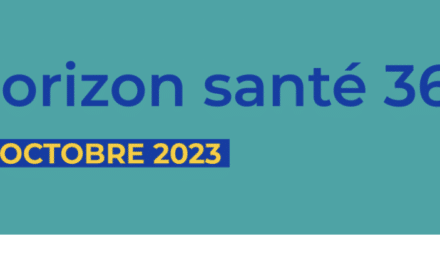



Interview de Jean-Marie Cavada pour R2PI Podcast

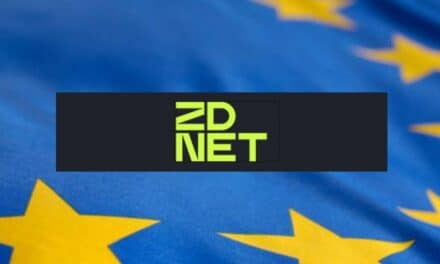



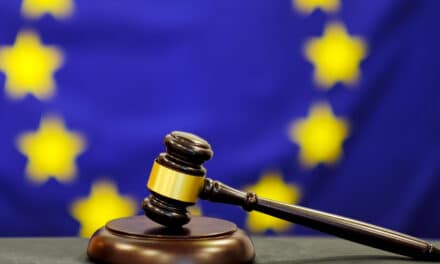
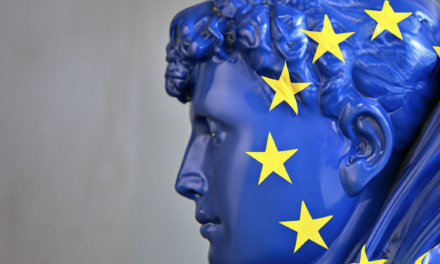


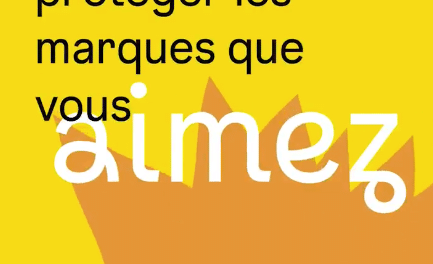



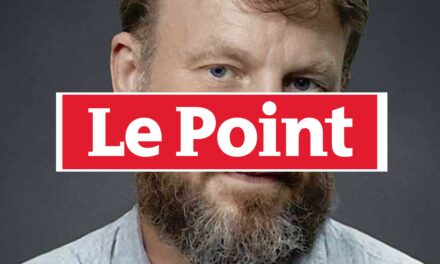







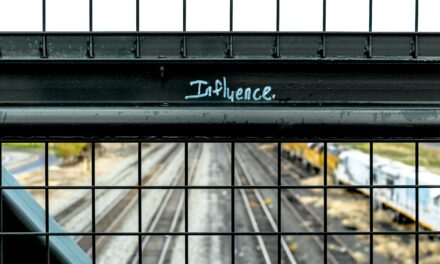











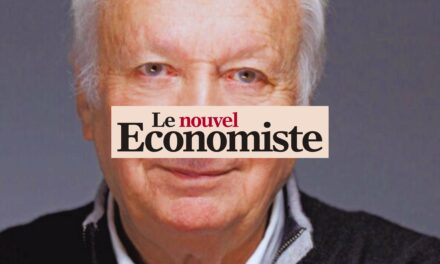

Concurrence : Google au pied du mur






Les news qui ont fait l’actu 4 avril au 10 avril
Les news qui ont fait l’actu 21/02 – 26-02

Les news qui ont fait l’actu 25


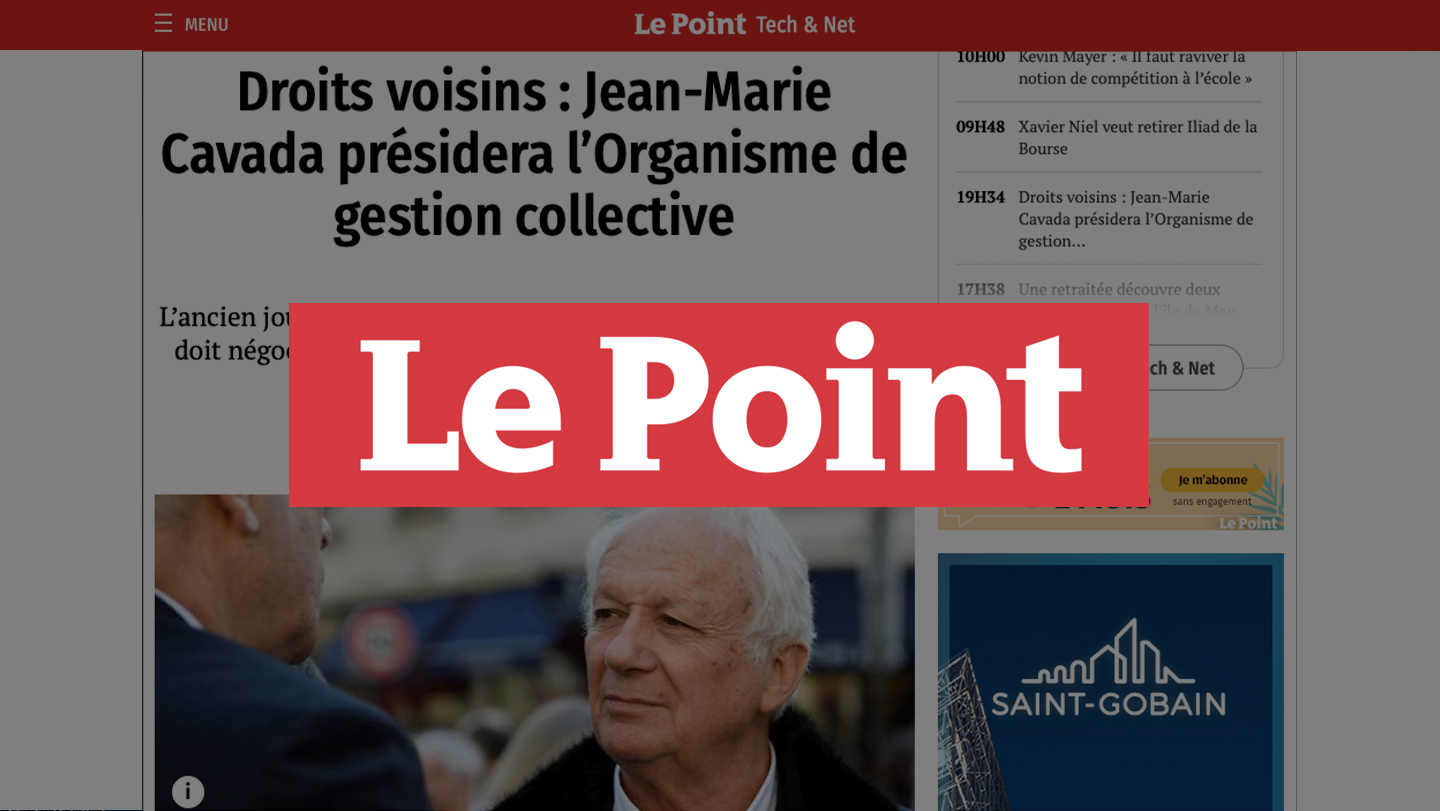
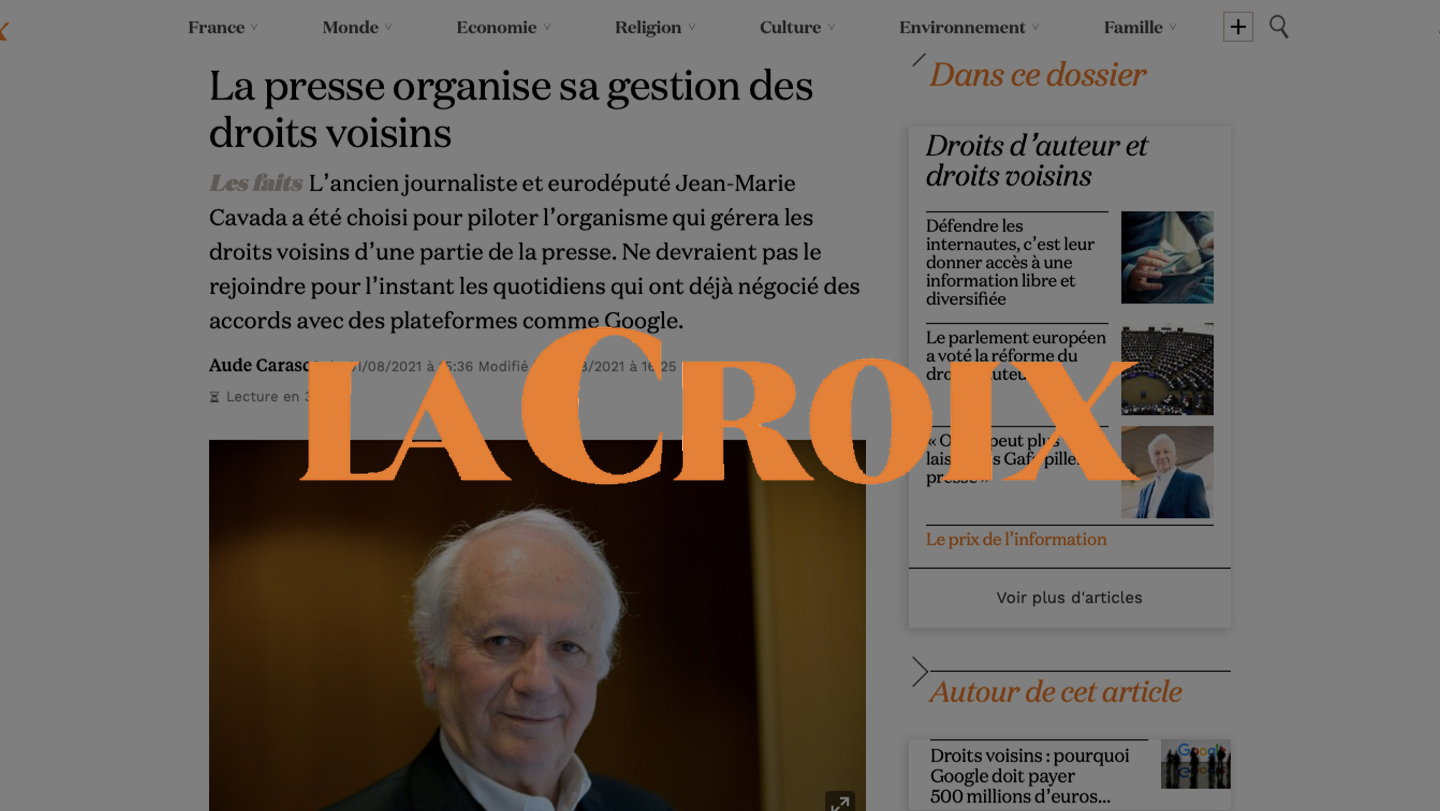





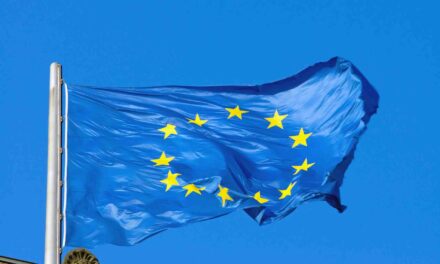



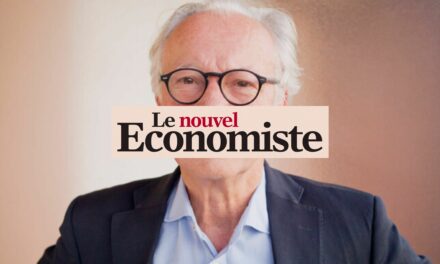
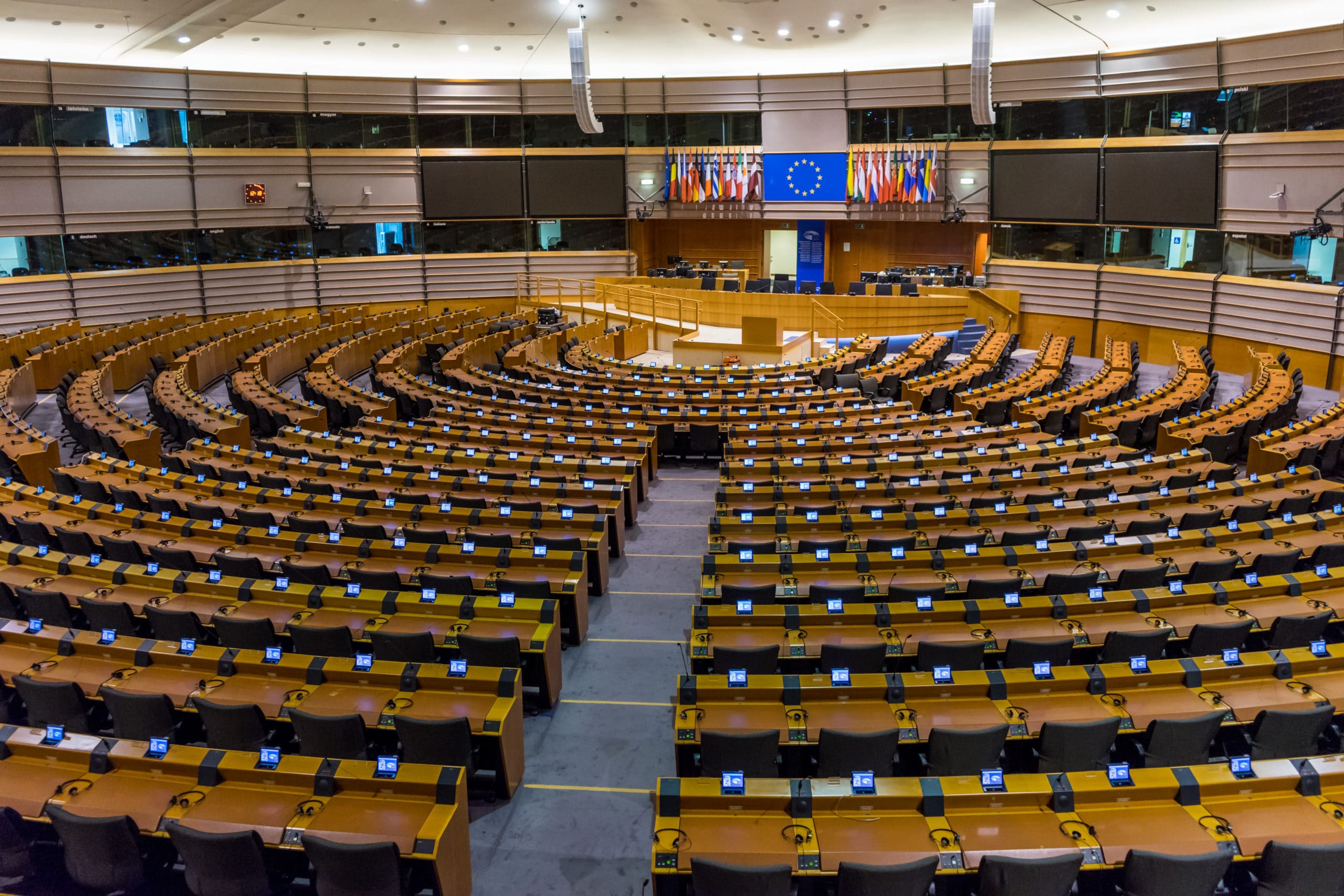
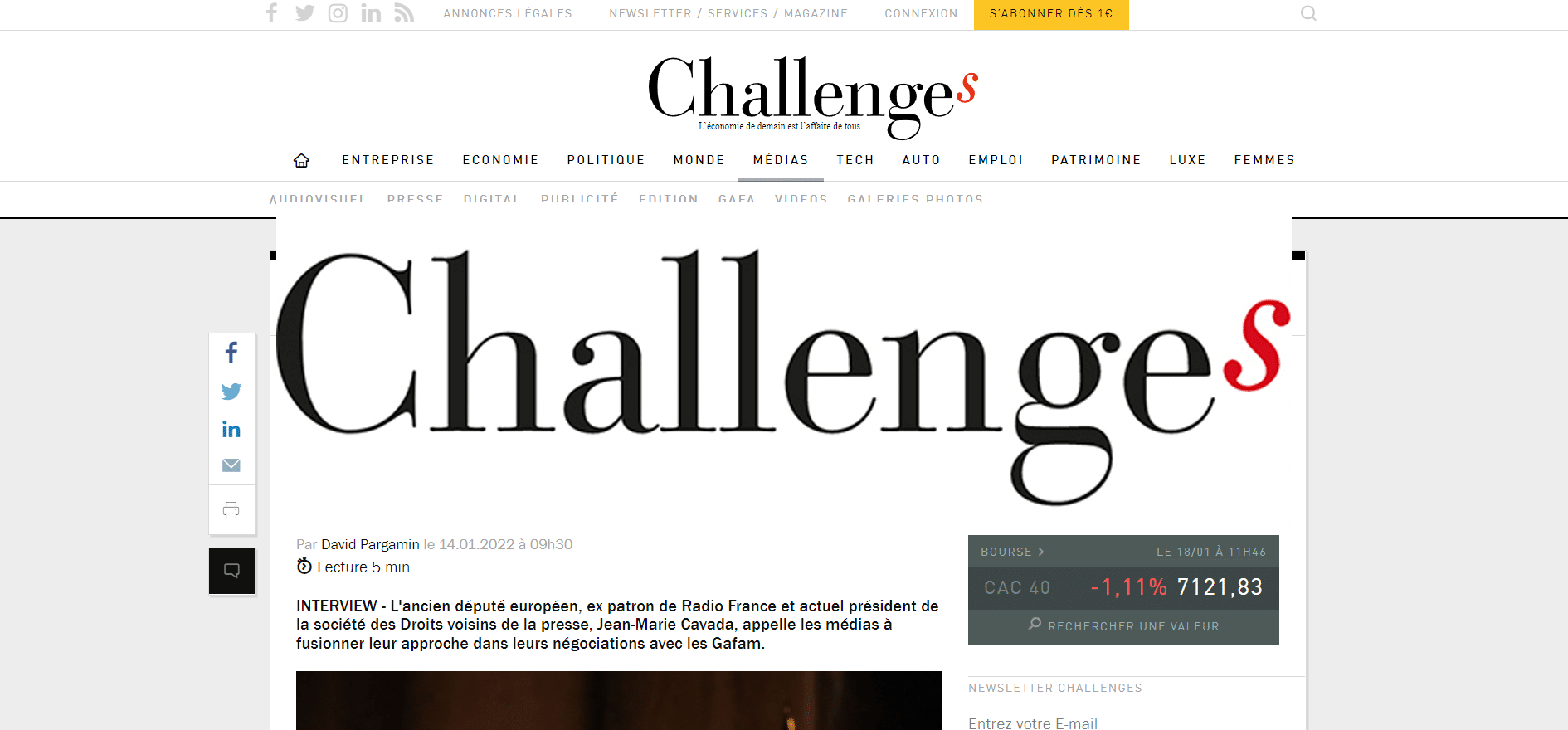


L’EUROPE, LE BUFFLE, L’OURS ET LE PANDA
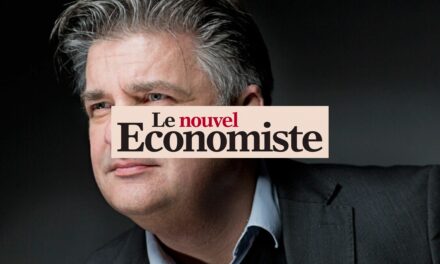



Emission Hebdo Com, BFM Business





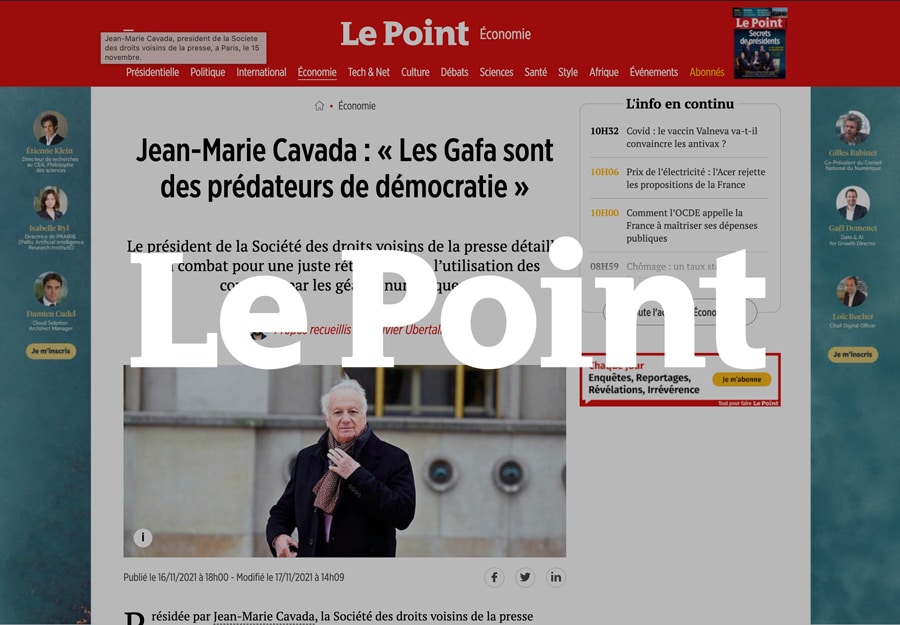

Les rencontres d’Eguilles




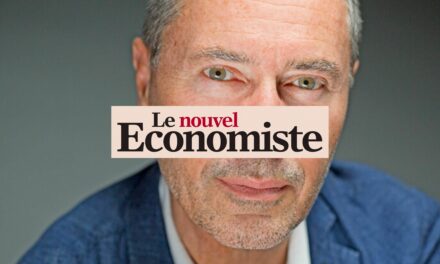

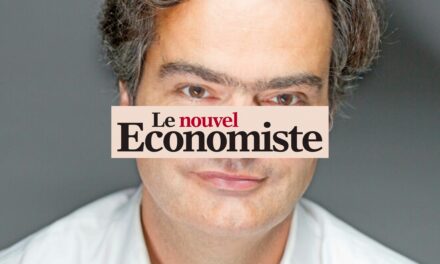



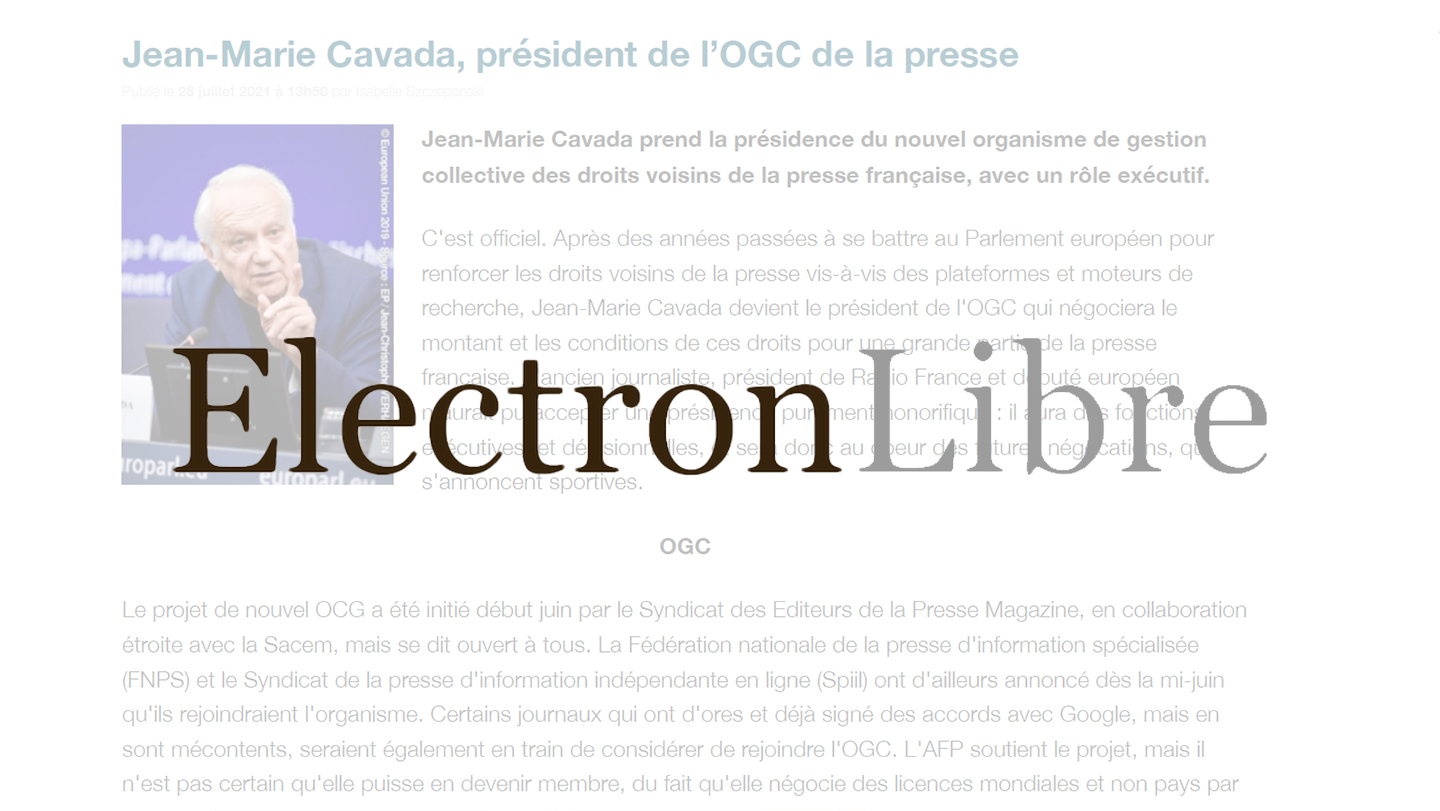

Google, entreprise malfaisante – Le Point
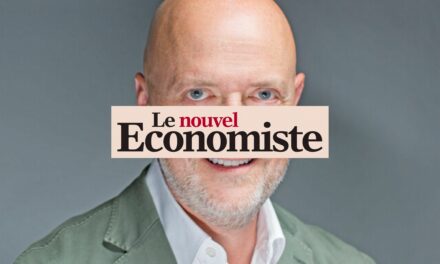

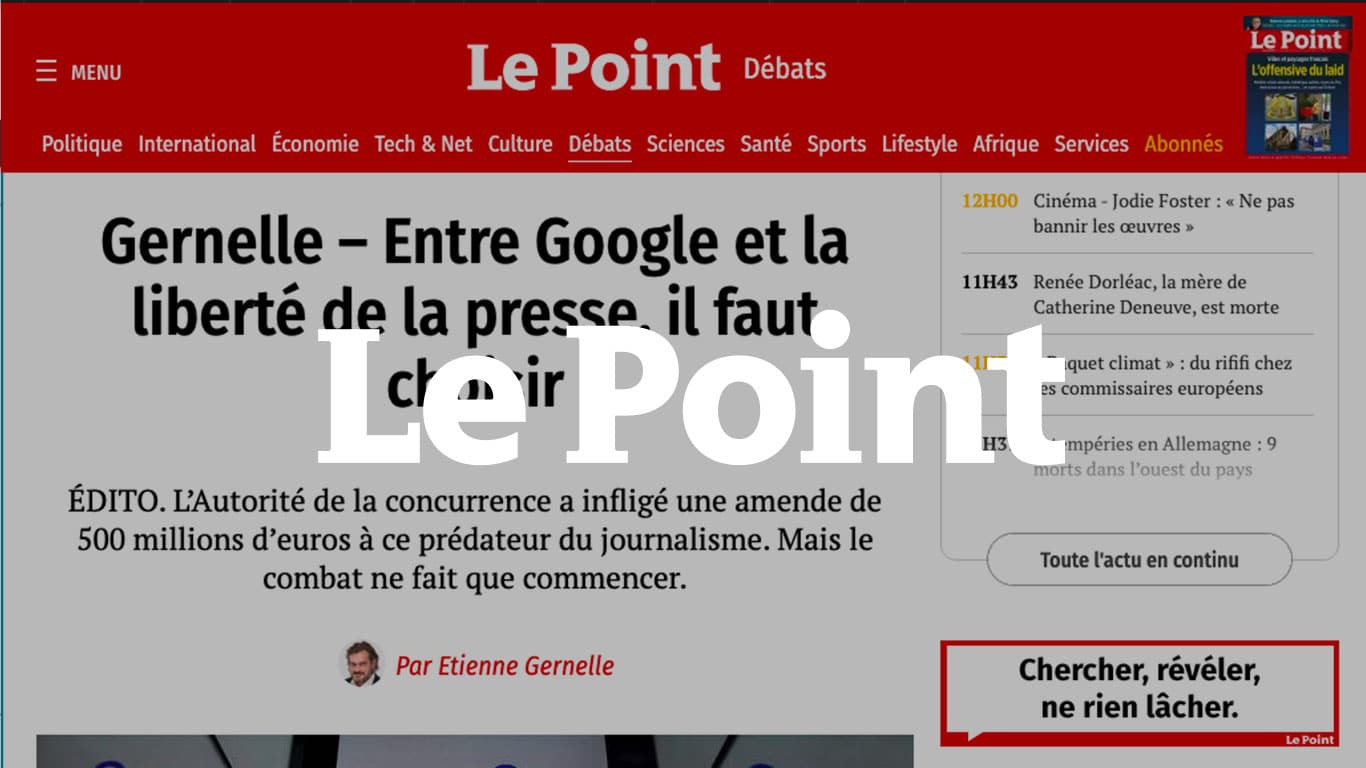
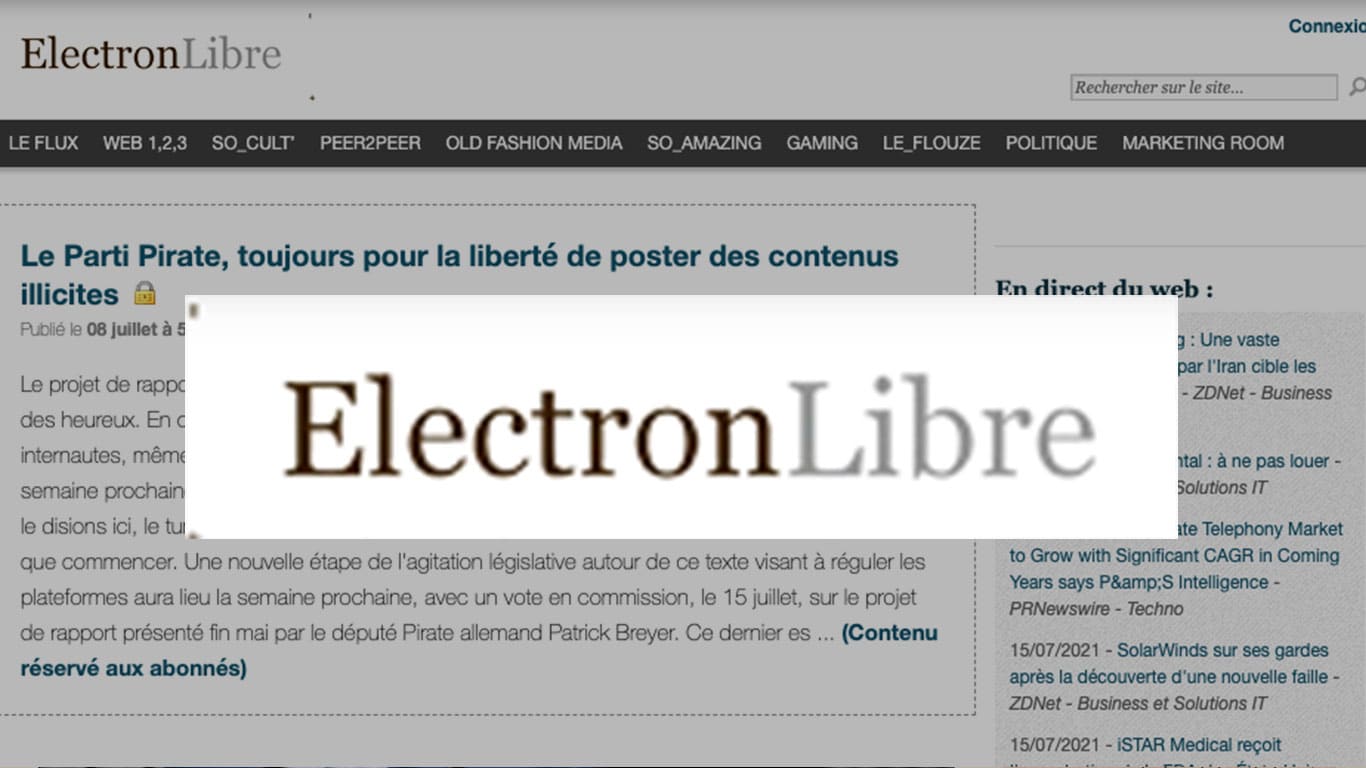





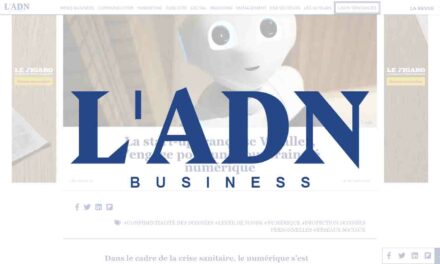






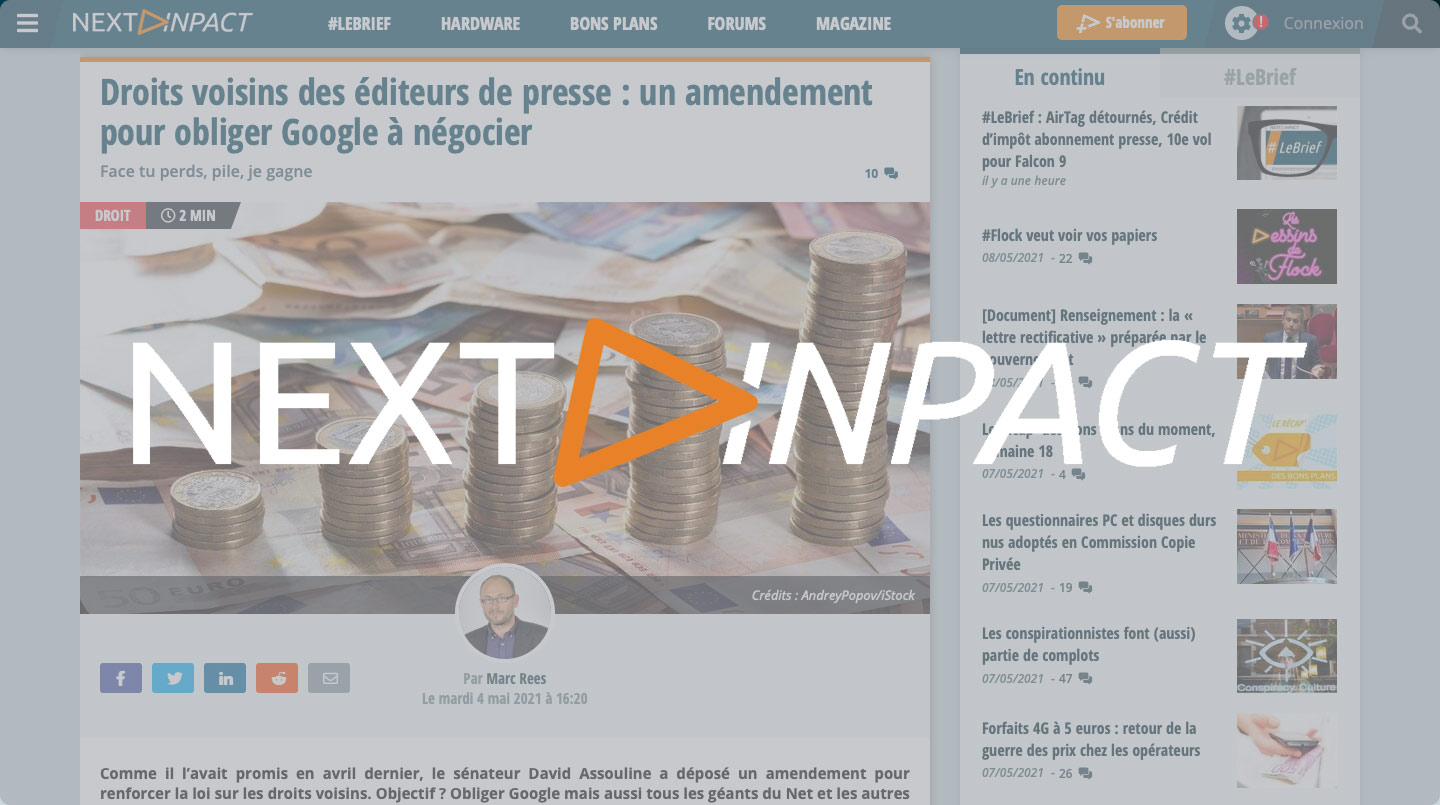
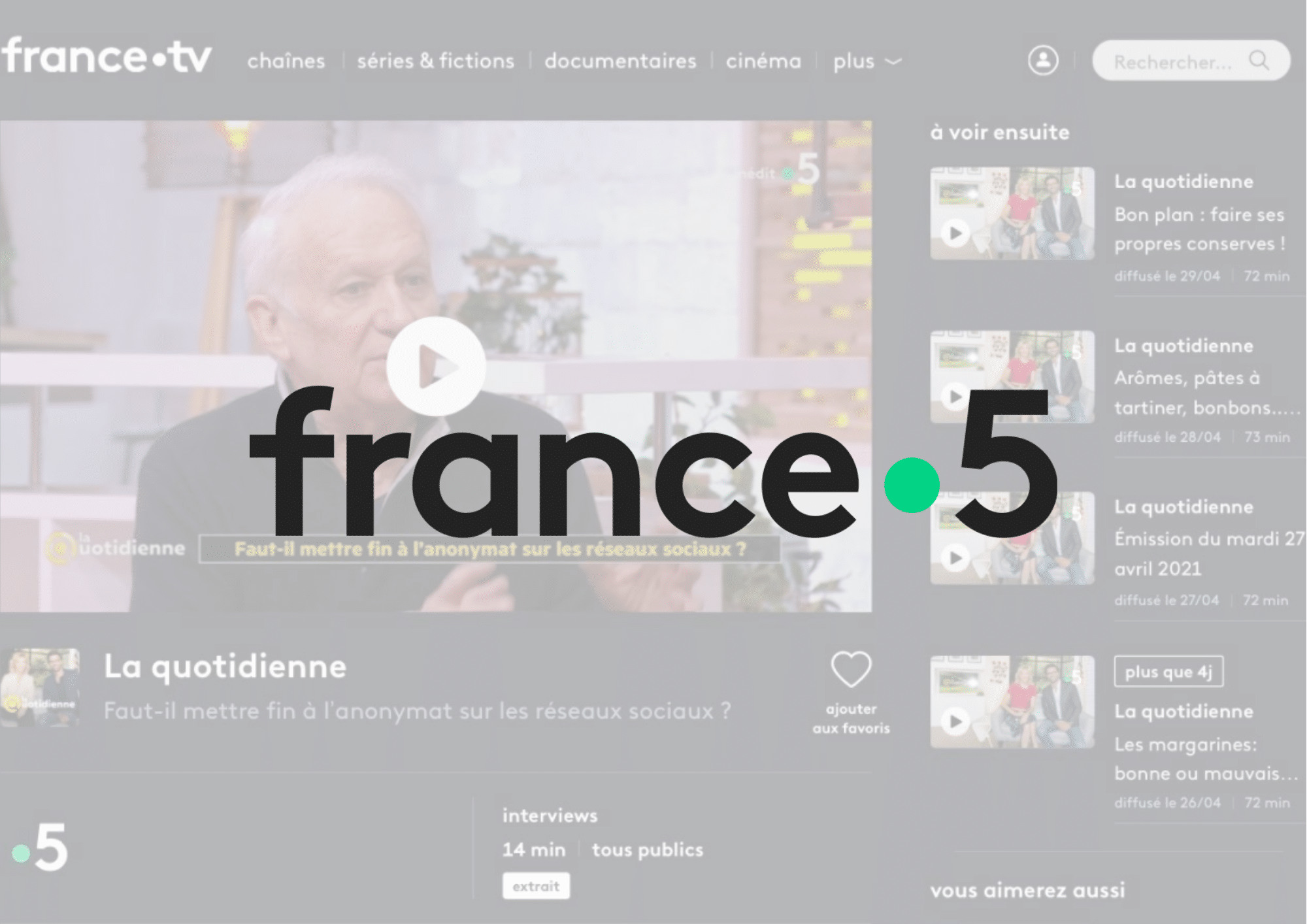
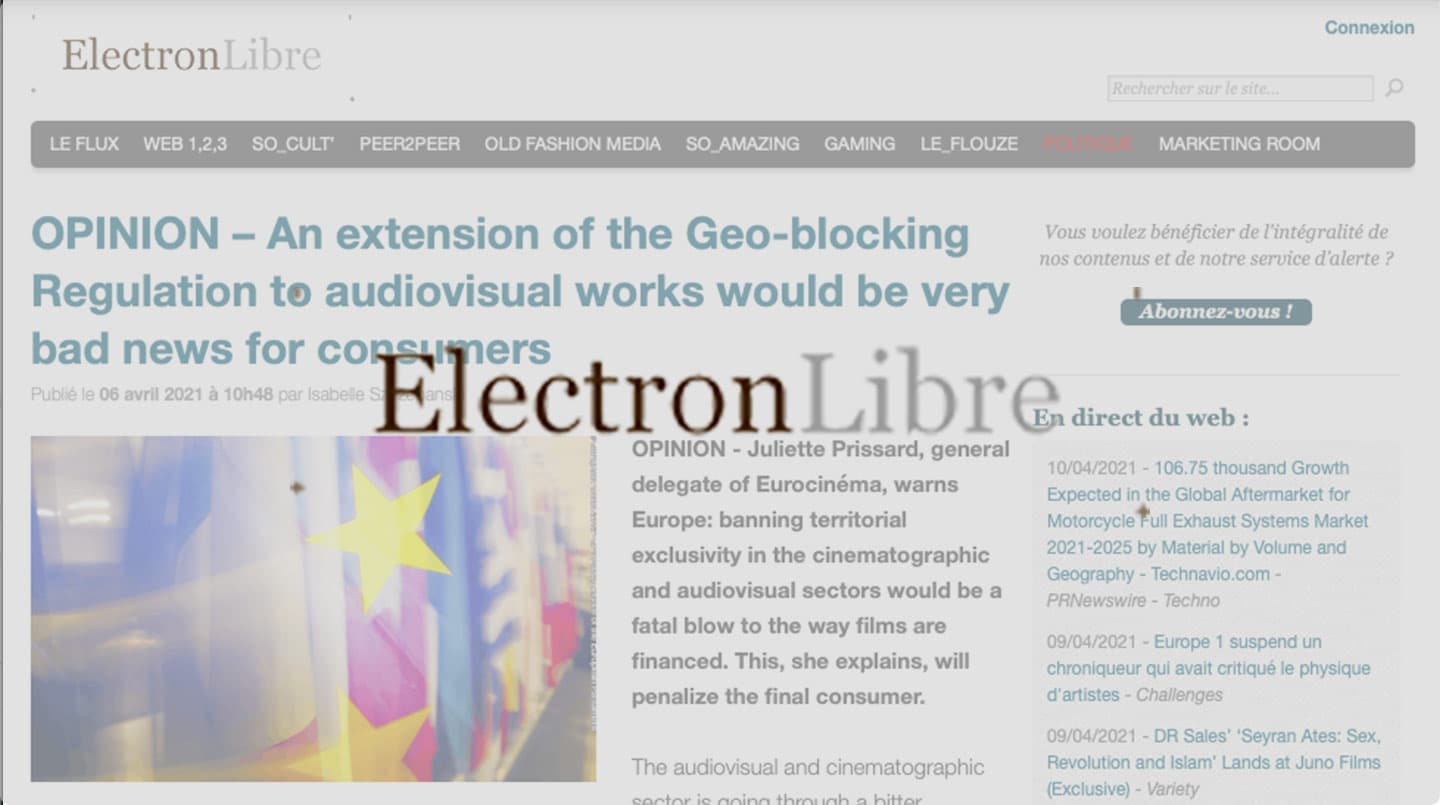
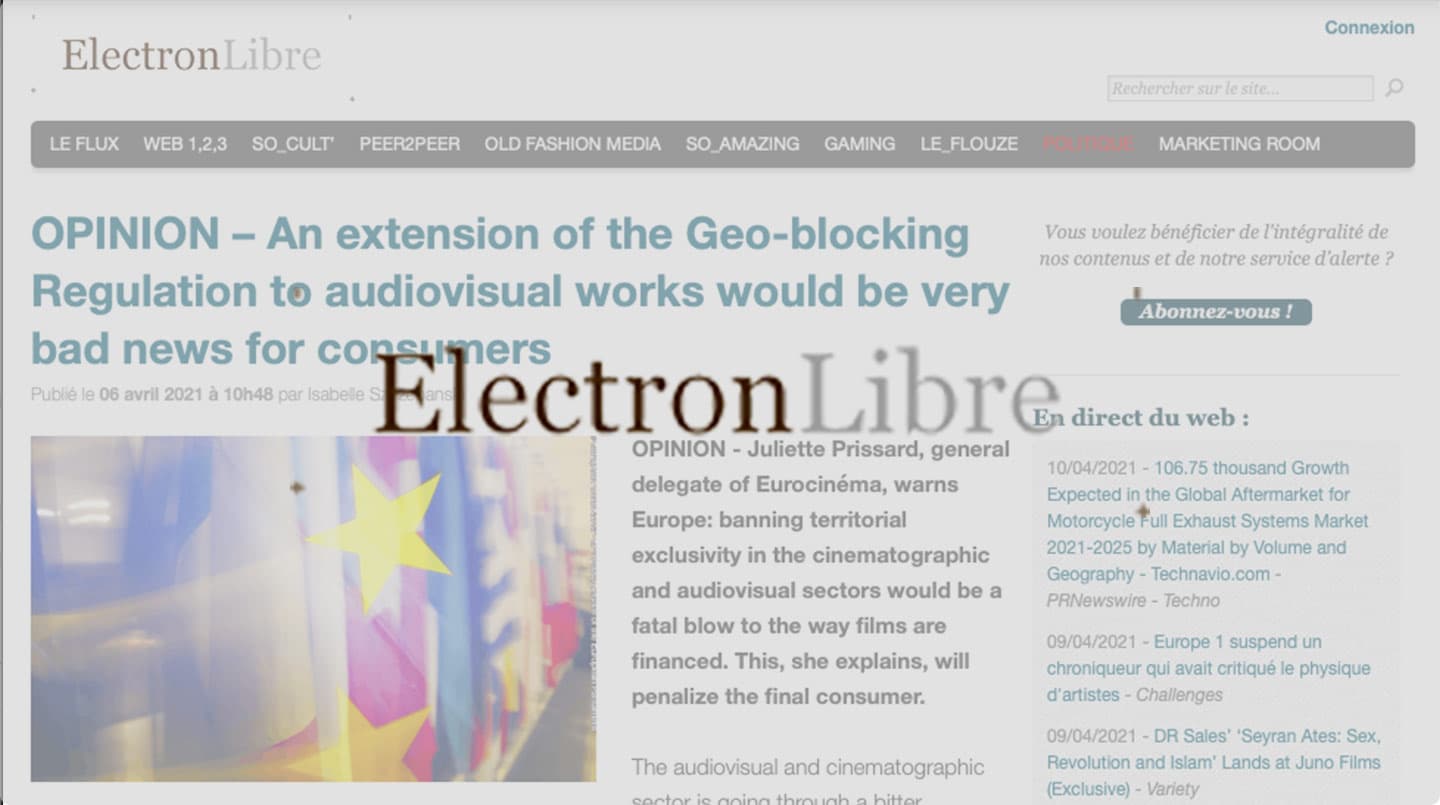

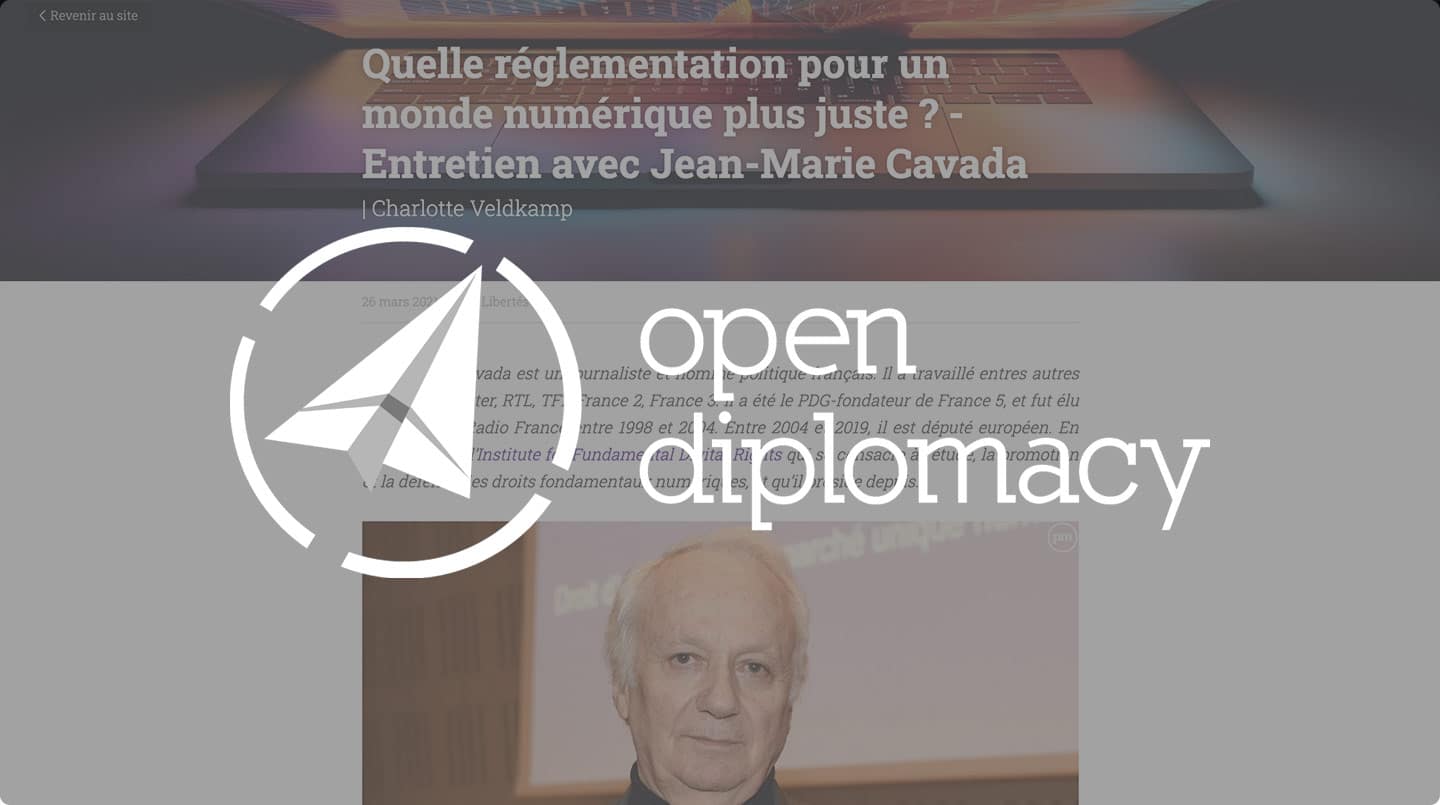

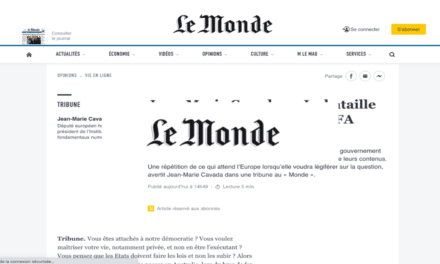

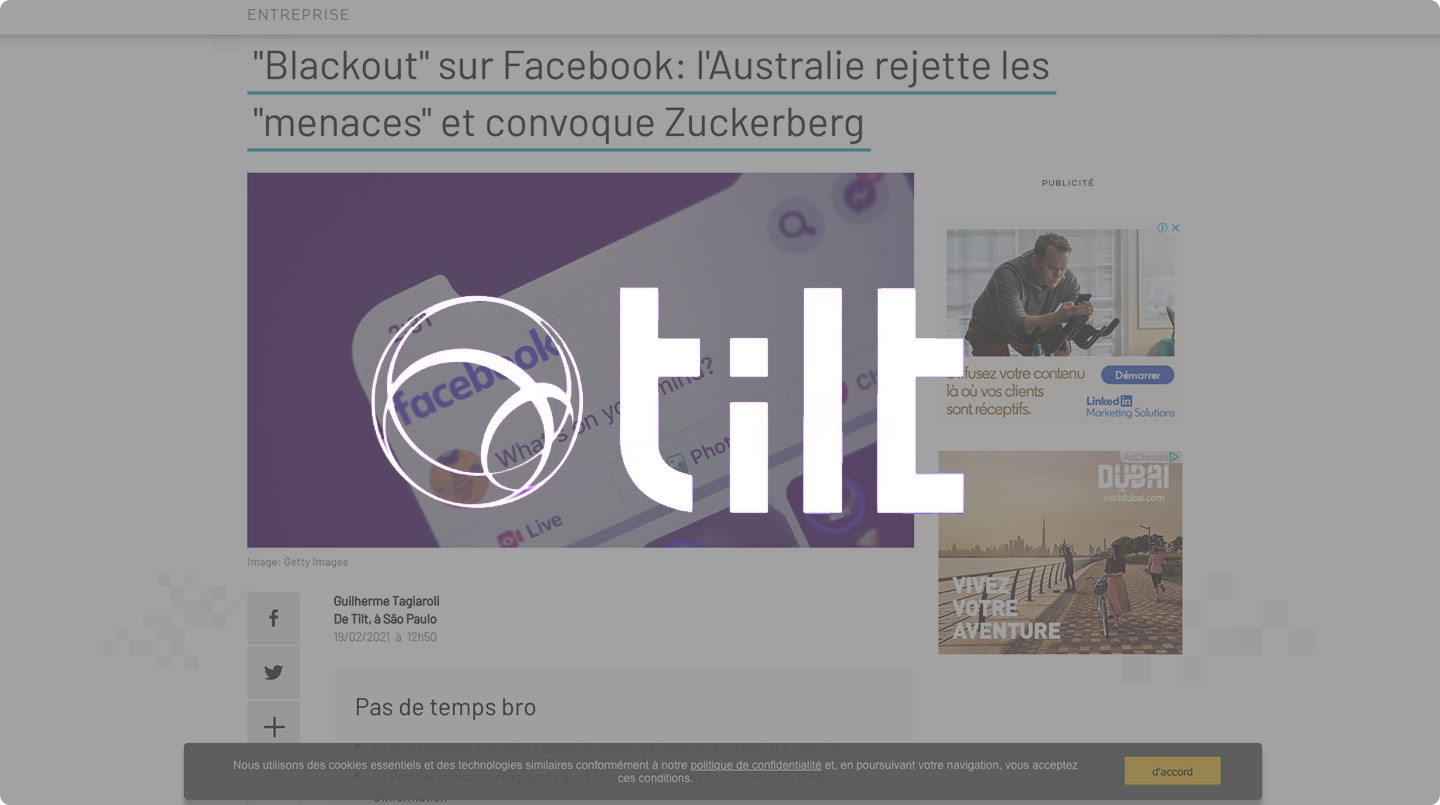

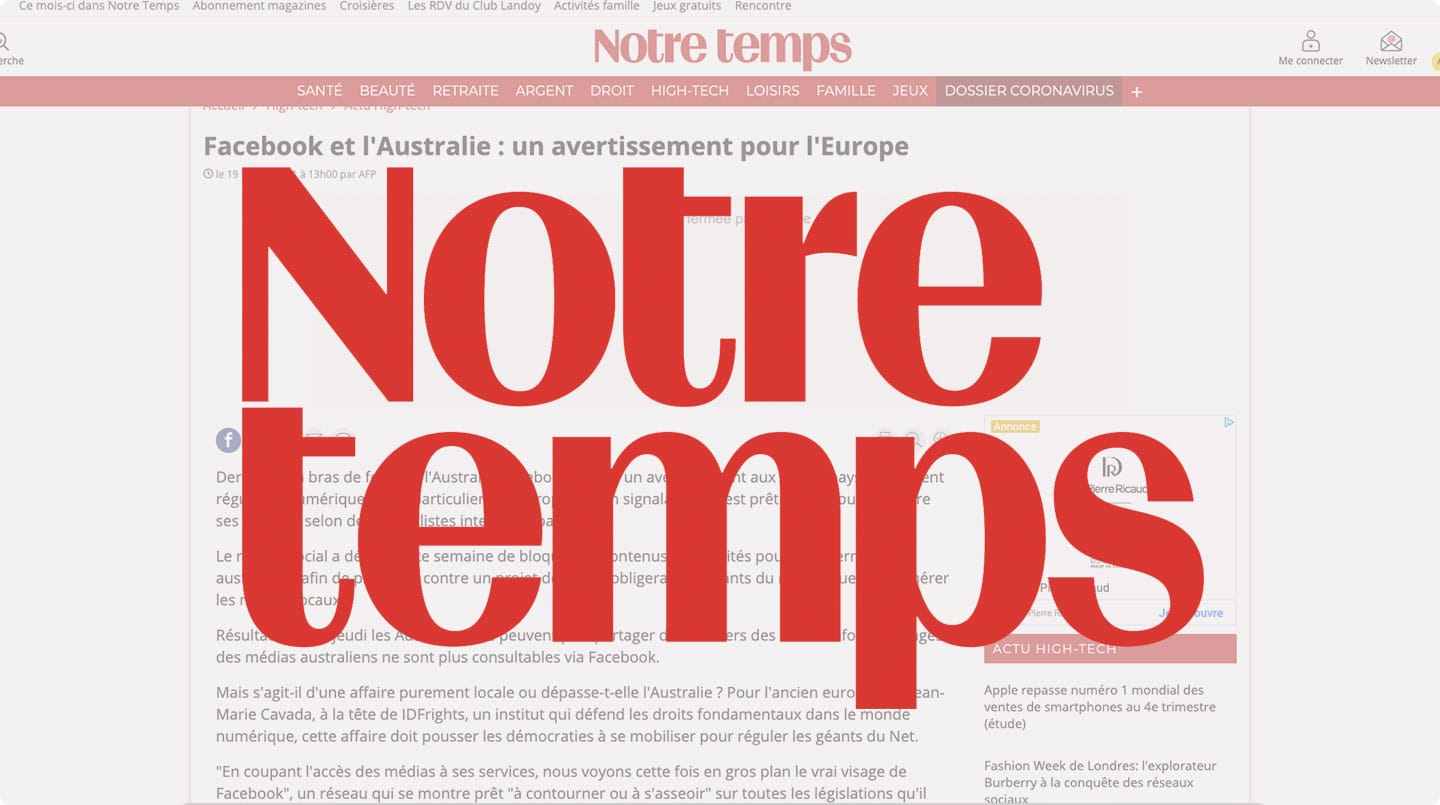
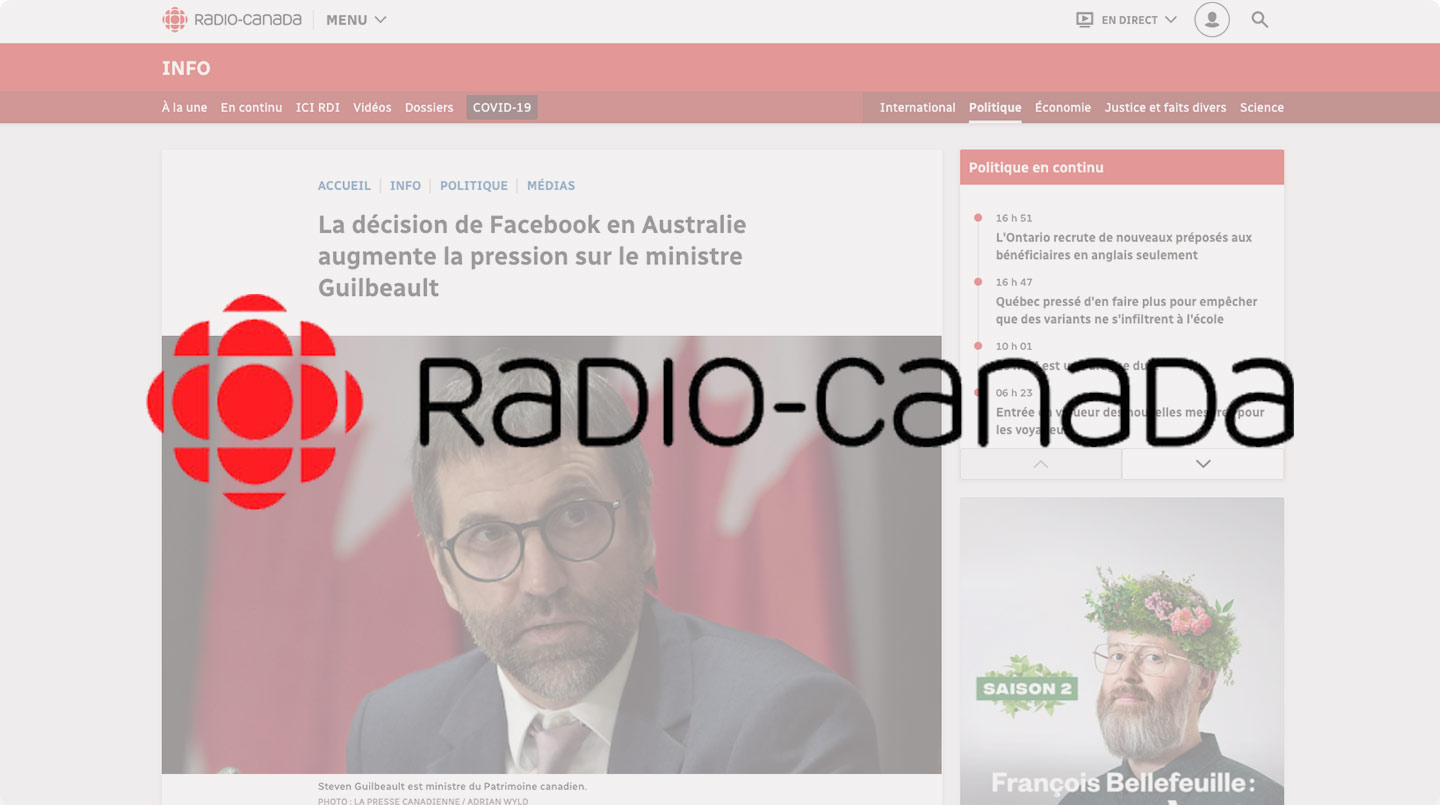
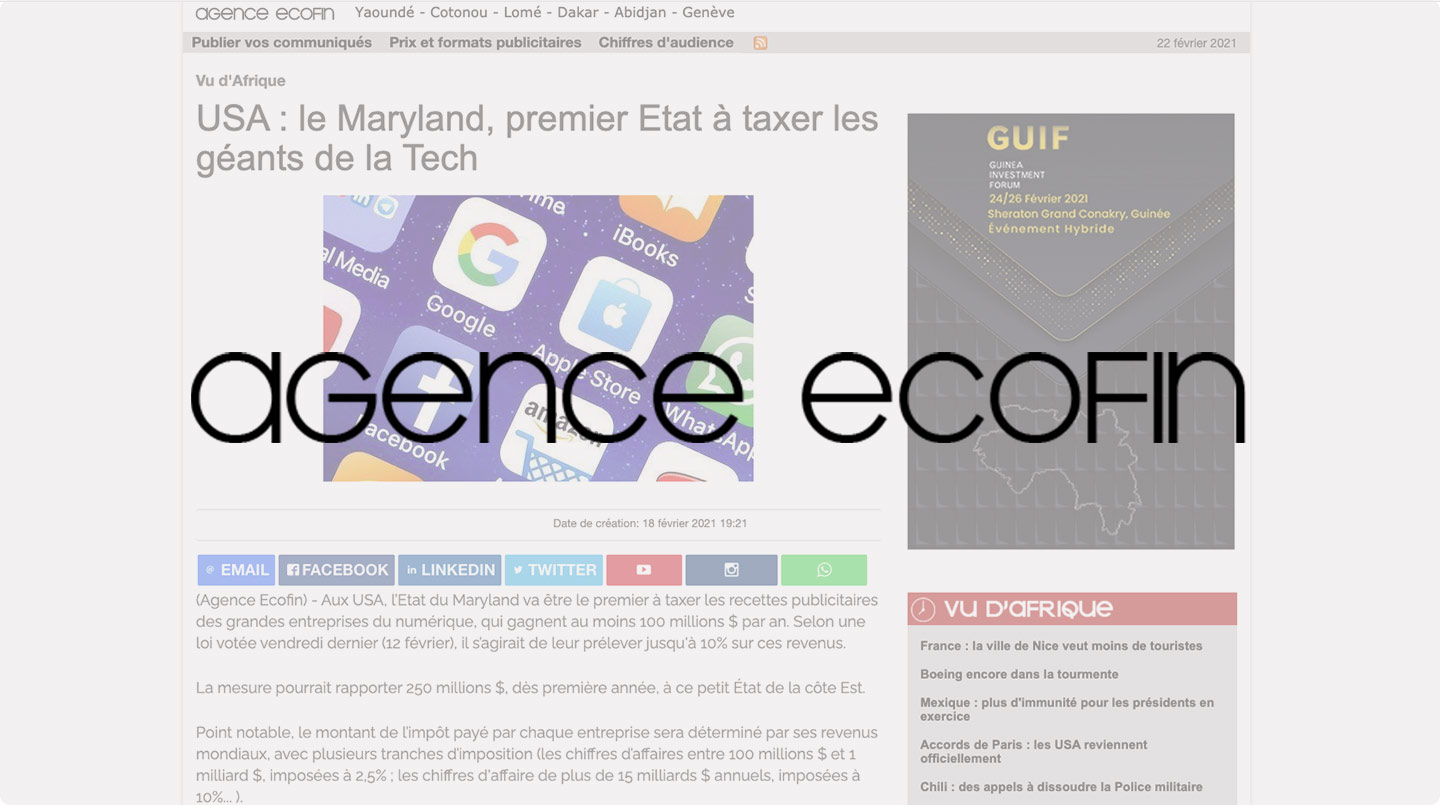
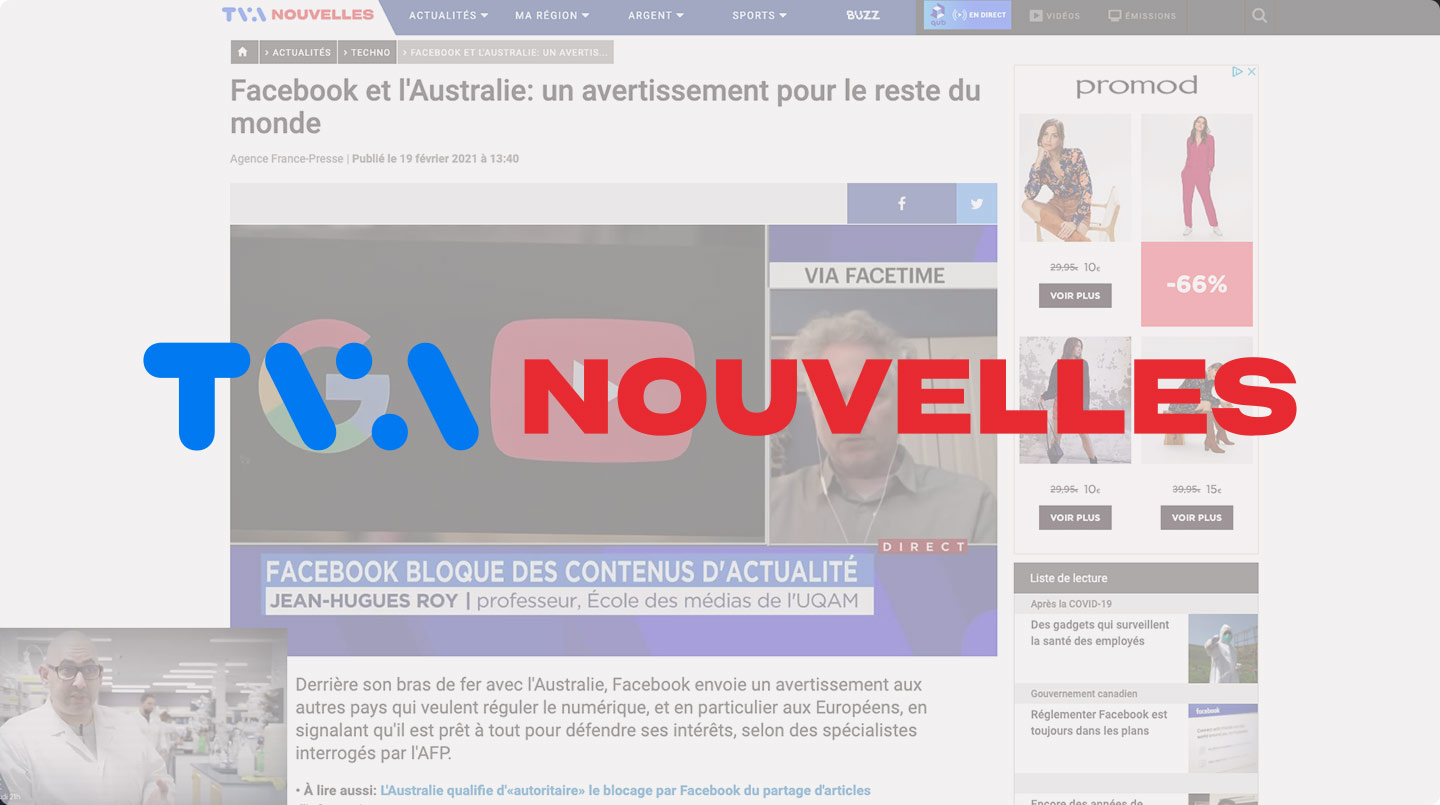

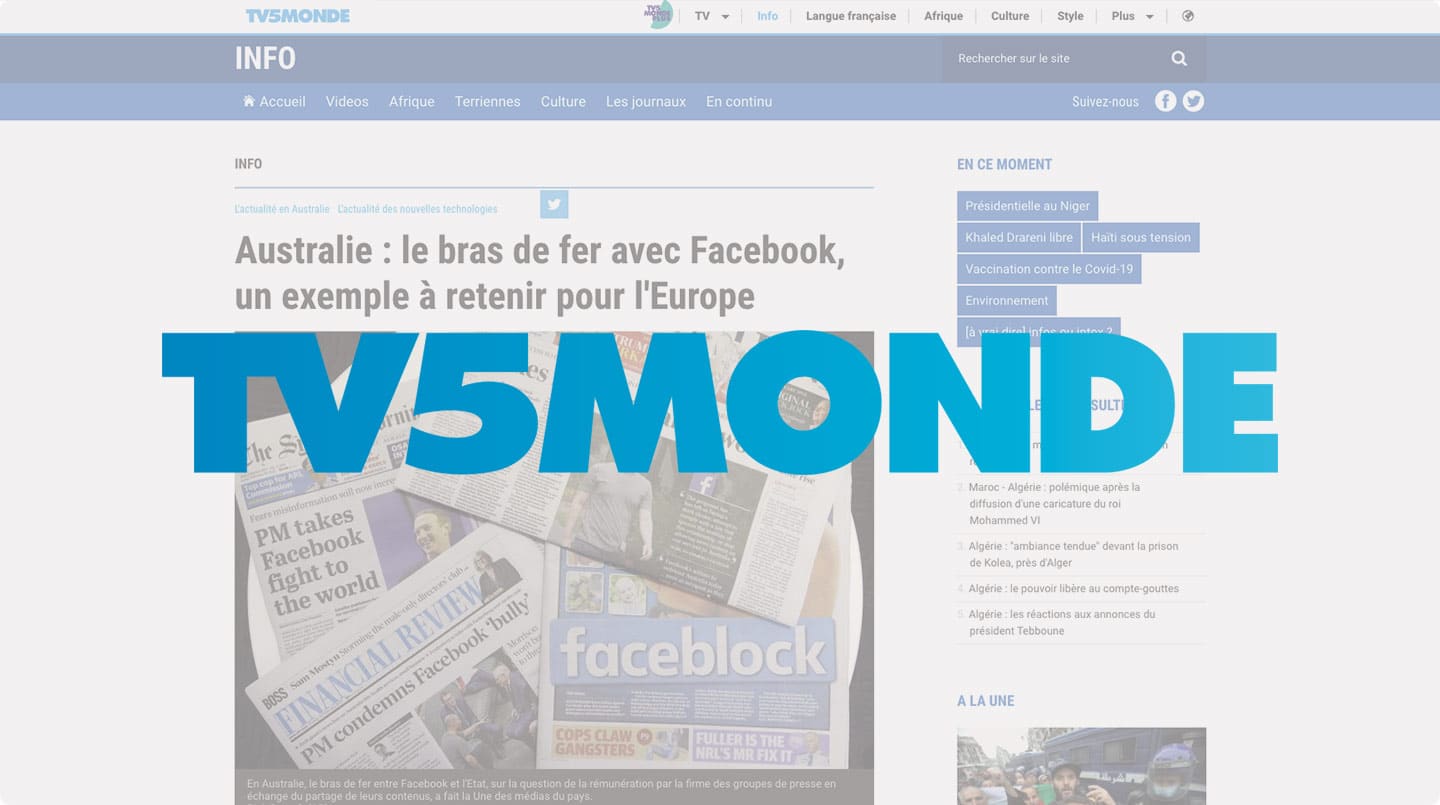
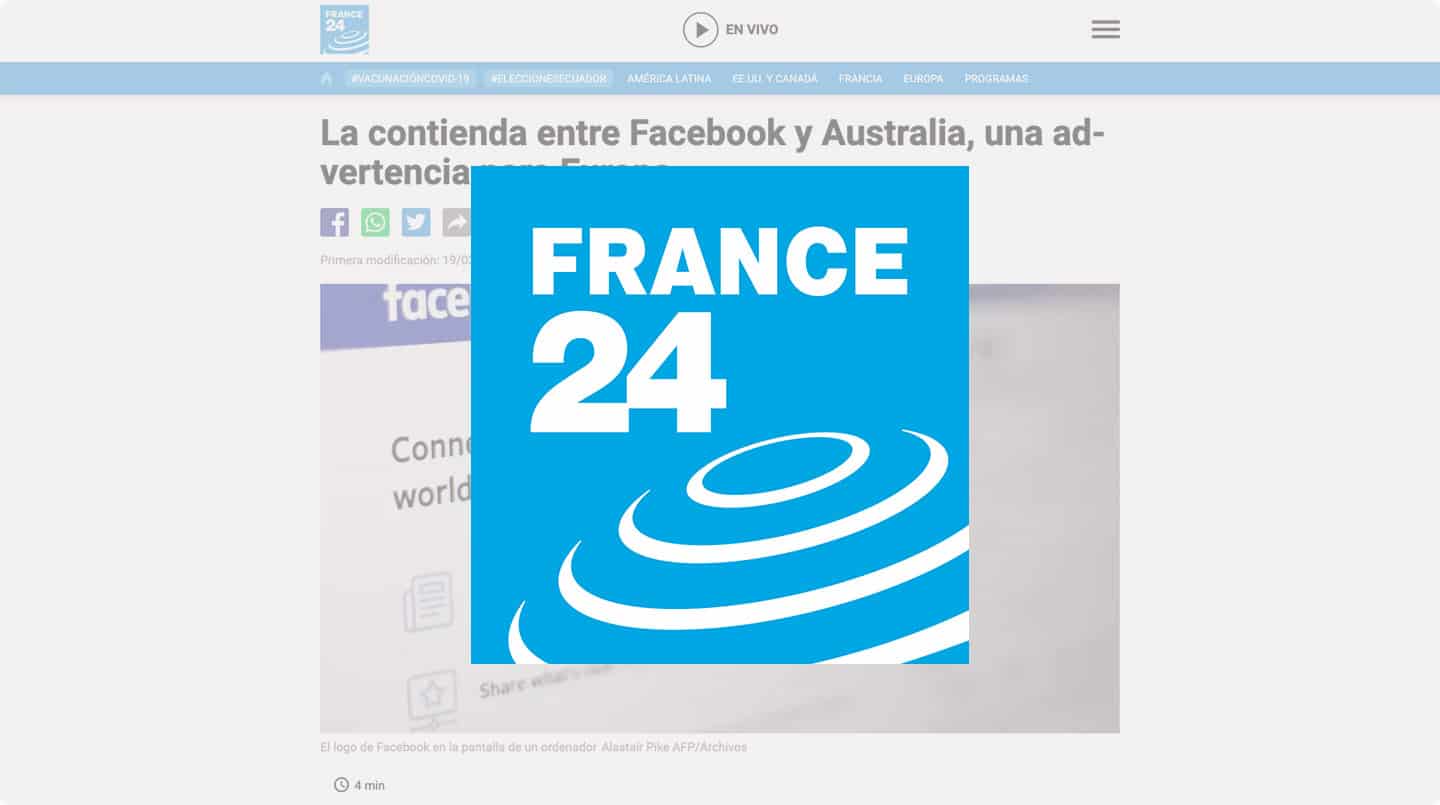



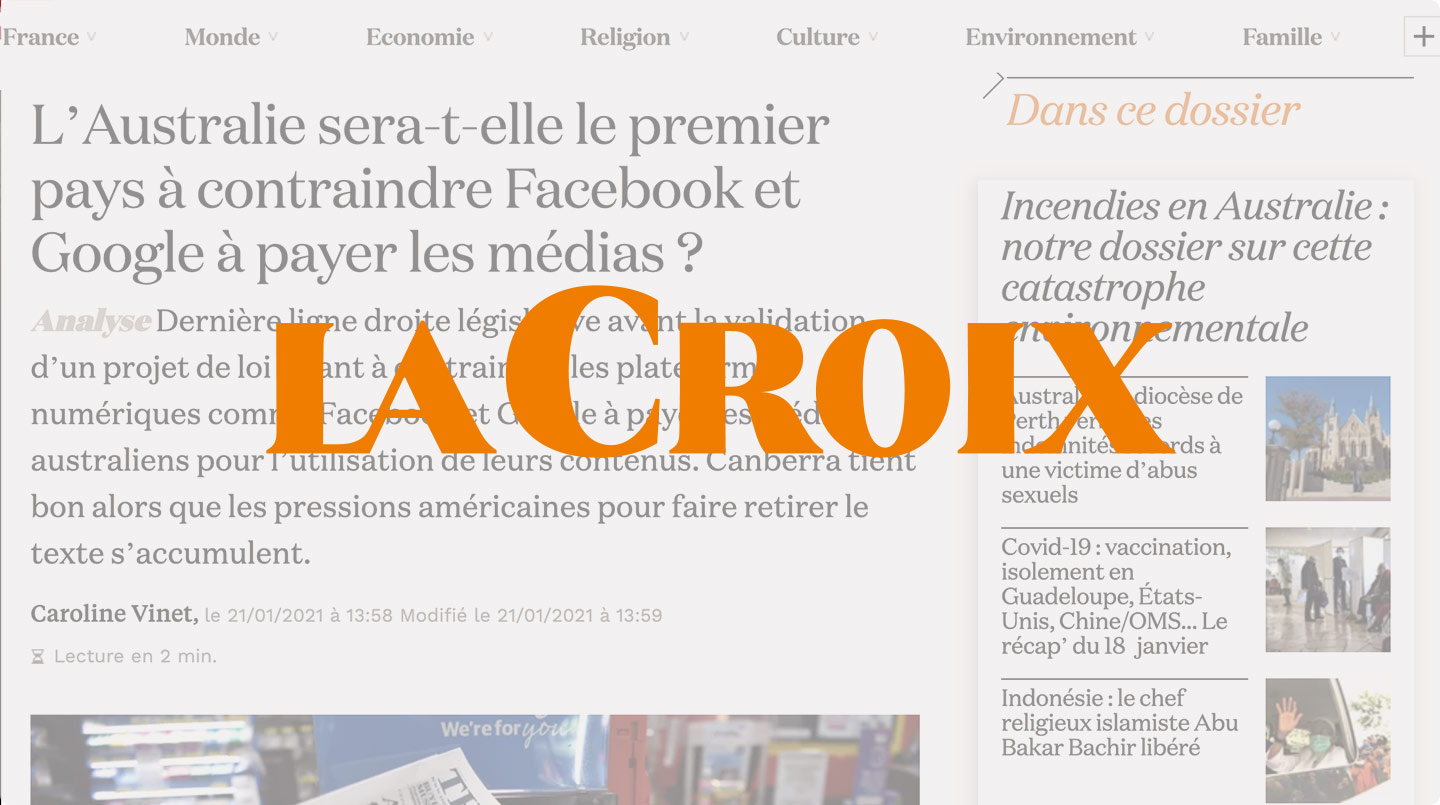


Pitié pour les Droits de l’Homme !

Joe Biden, l’ami de la BigTech
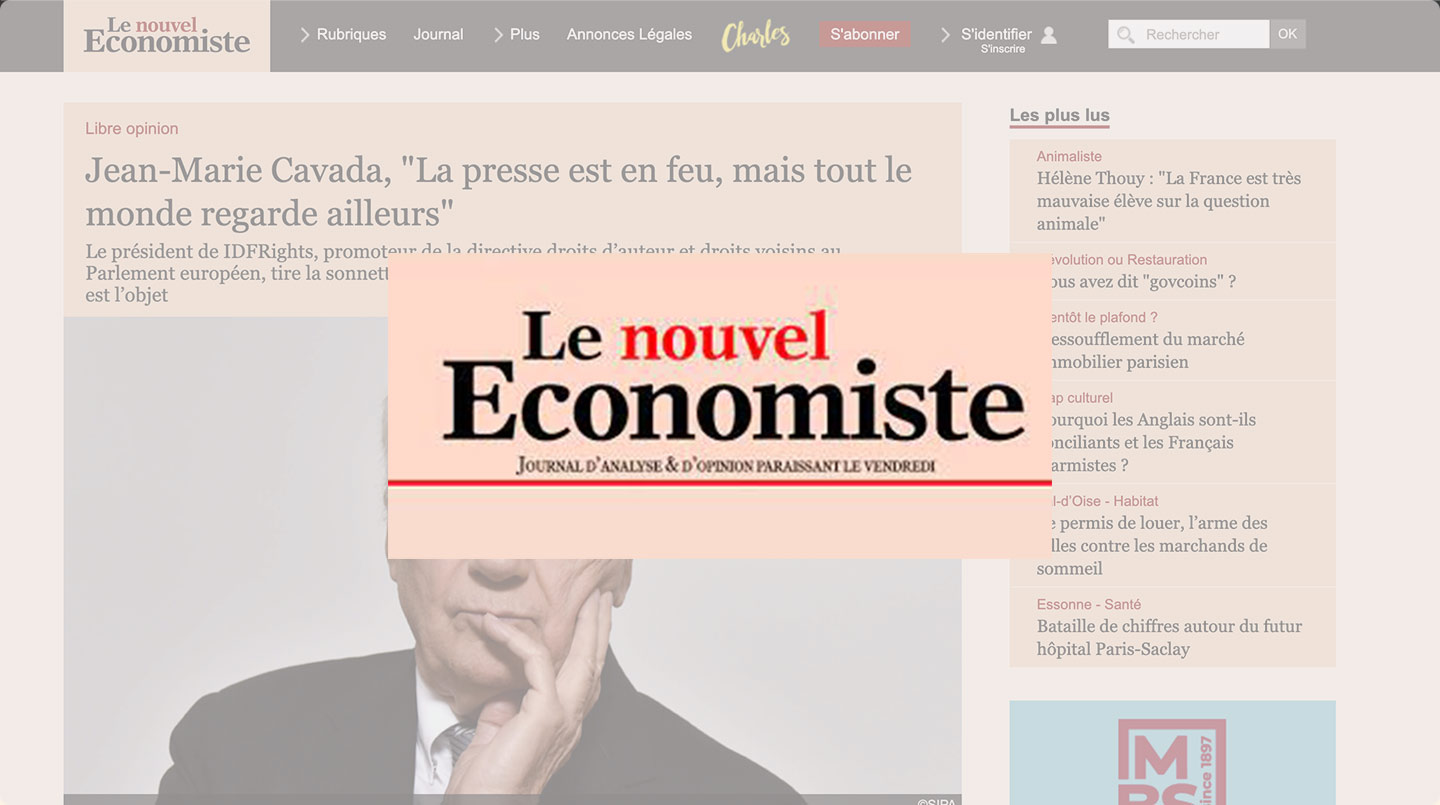
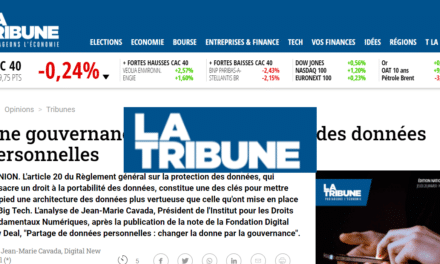




Netflix : un défi à relever pour l’Europe

Une Europe sans véto face aux prédateurs numériques




Covid-19 et usages du numérique en Afrique
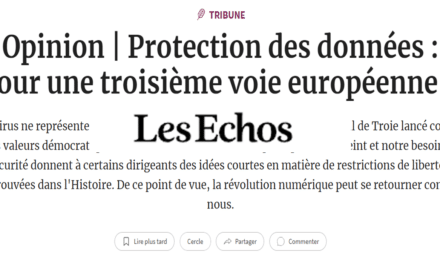
Numérique : l’Afrique veut donner de la voix


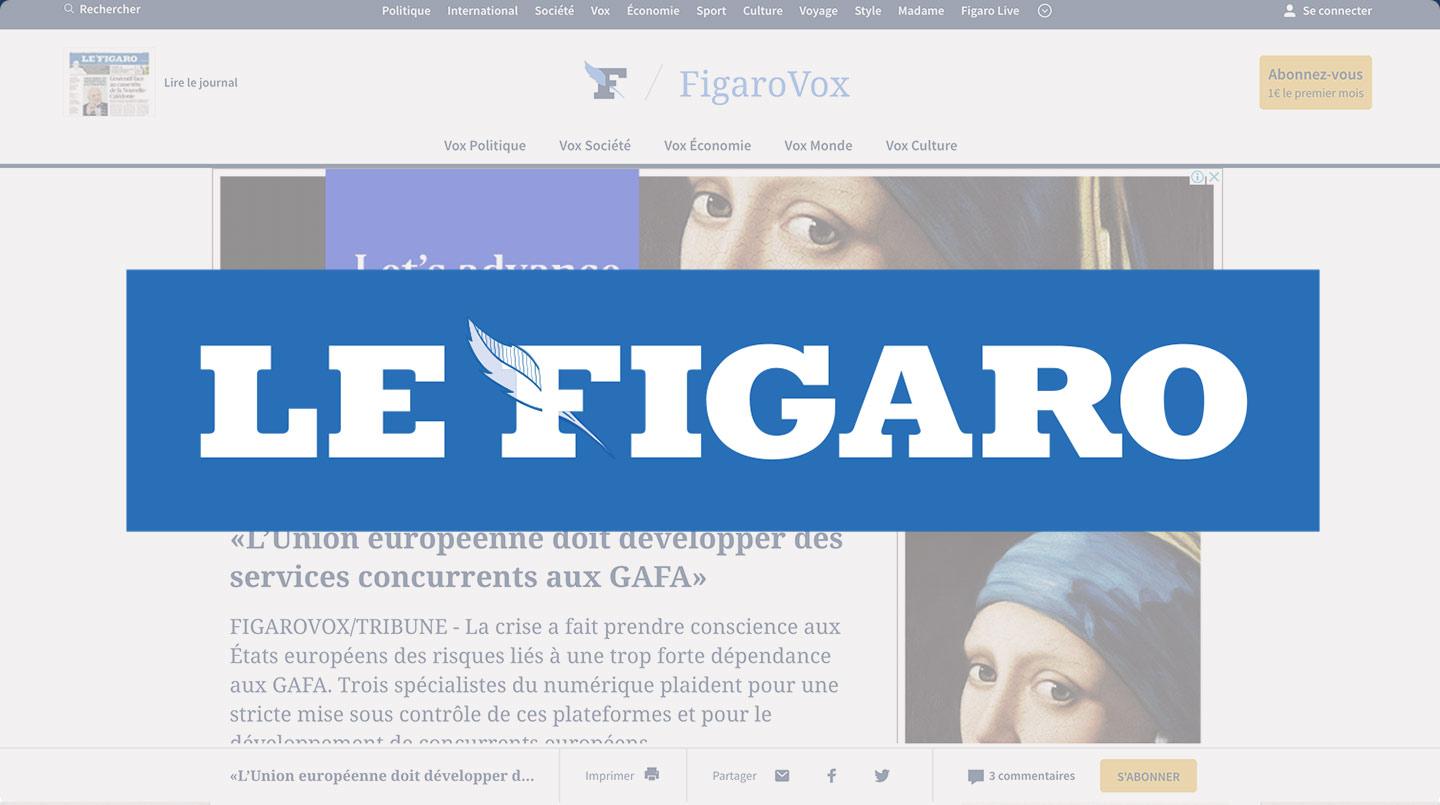

Numérique : séparer les pouvoirs.

STOP COVID : l’avenir d’internet est entre vos mains


institute for Digital Fundamental Rights
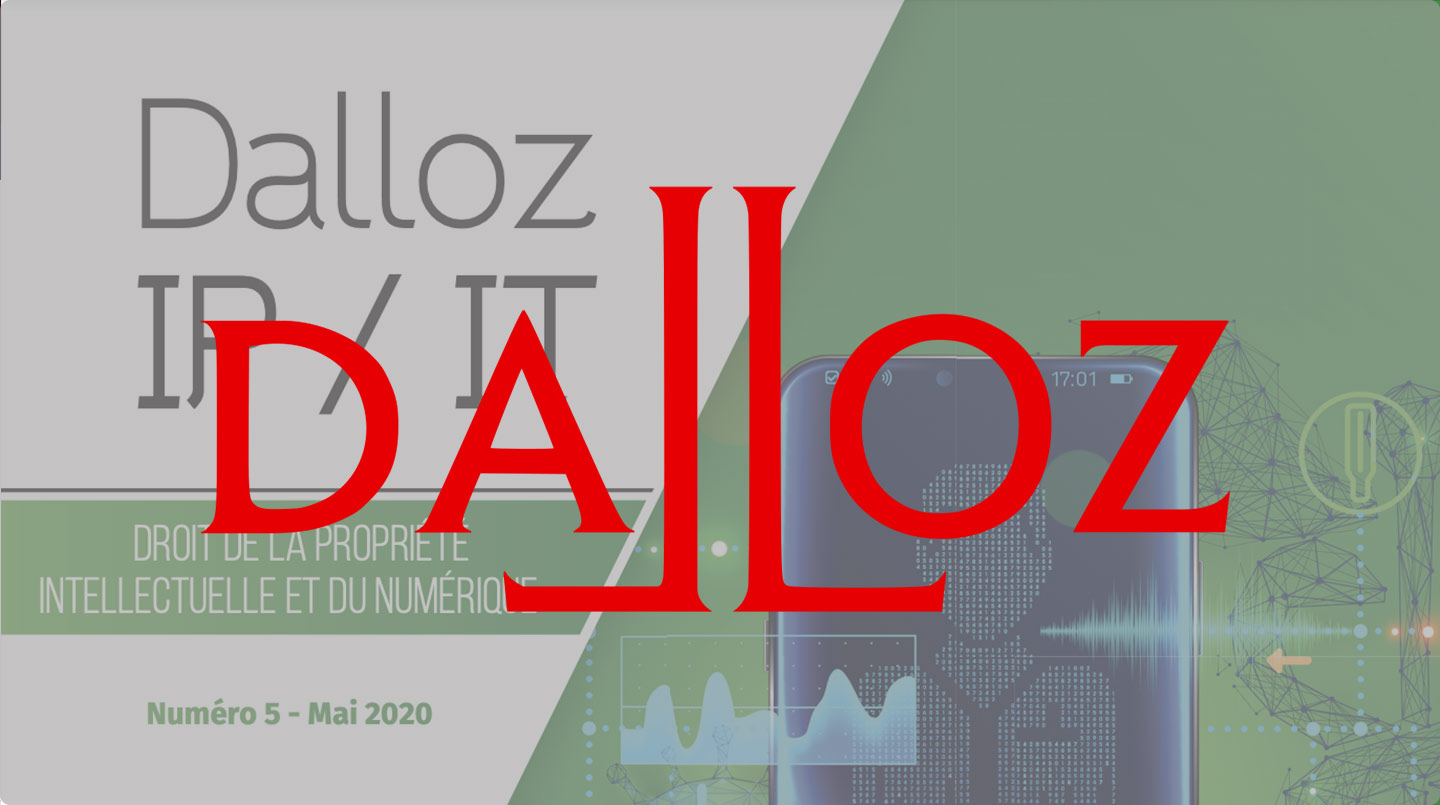
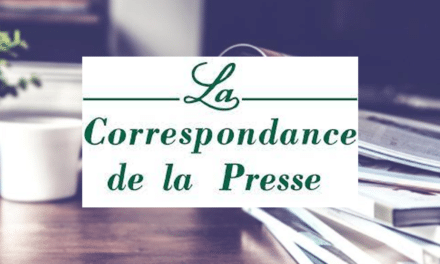

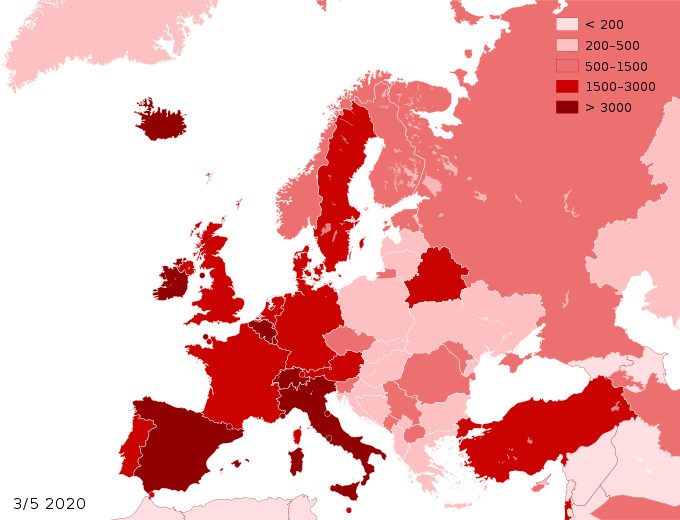
La protection des données et la crise sanitaire
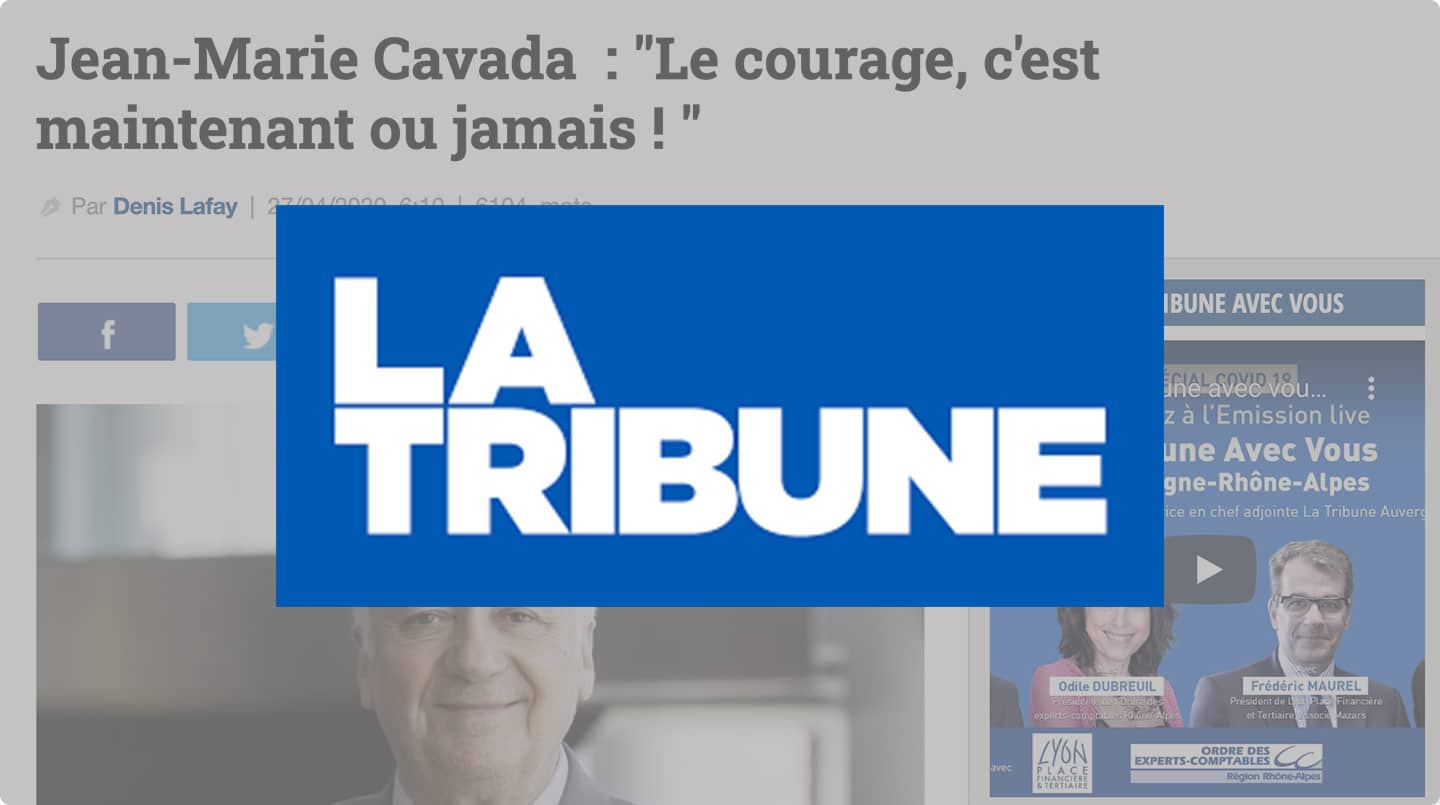
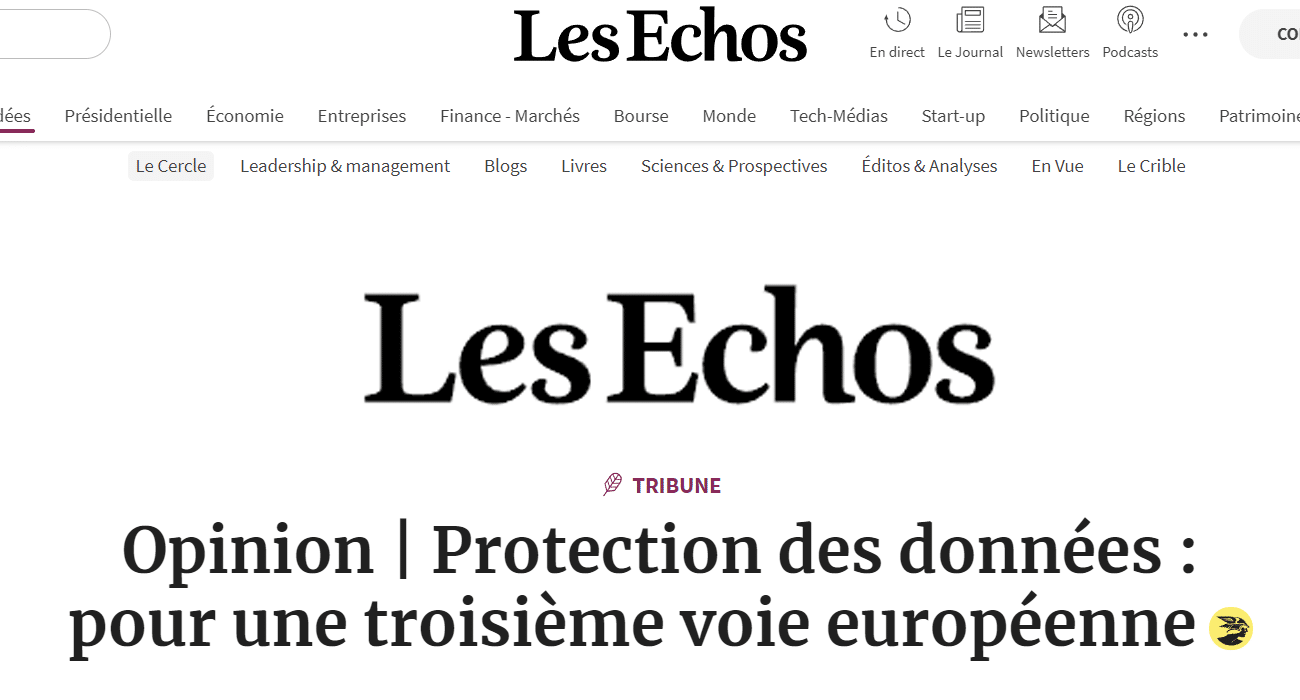

Tribune dans Les Echos
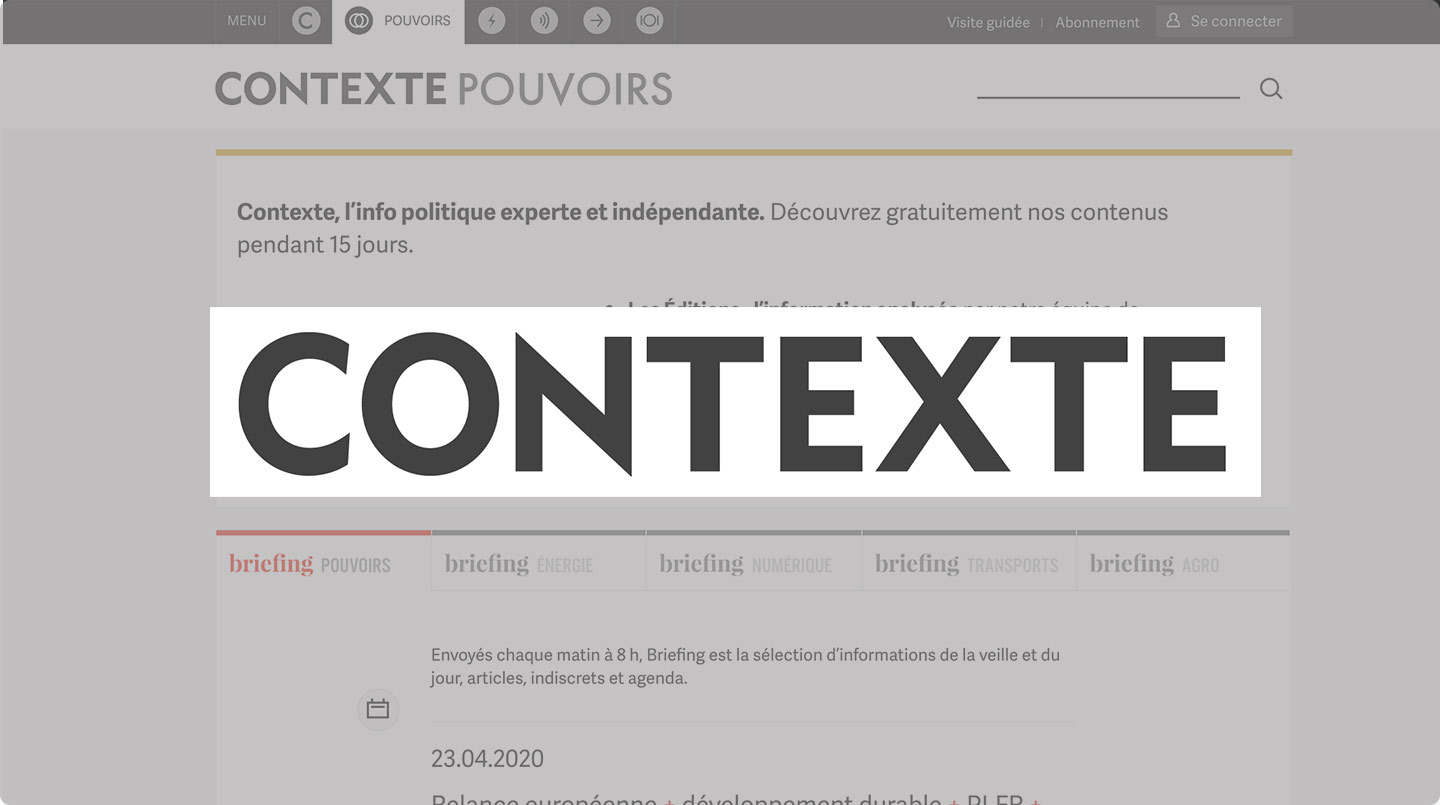

Newsletter de Contexte

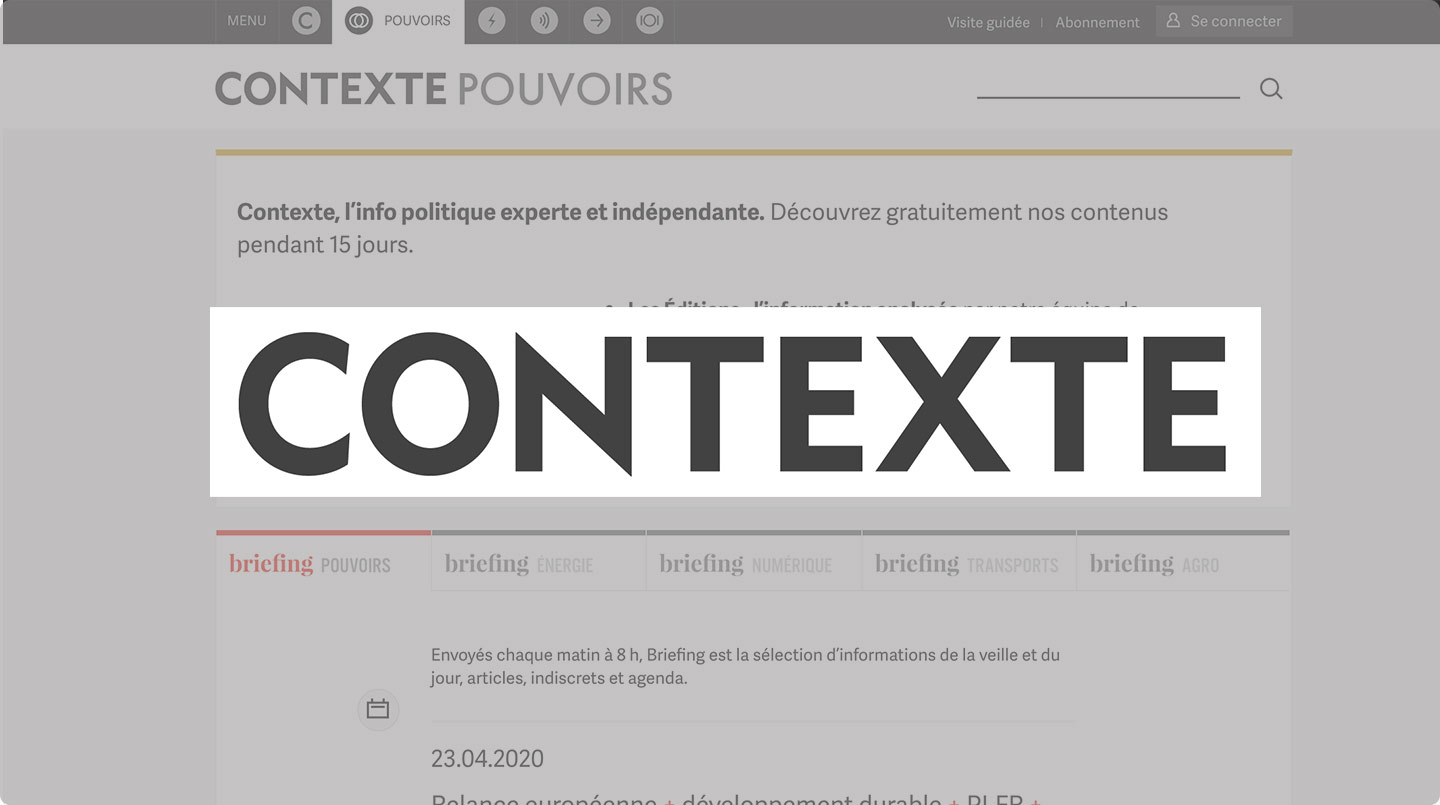
Article de ElectronLibre


Article de European Scientists
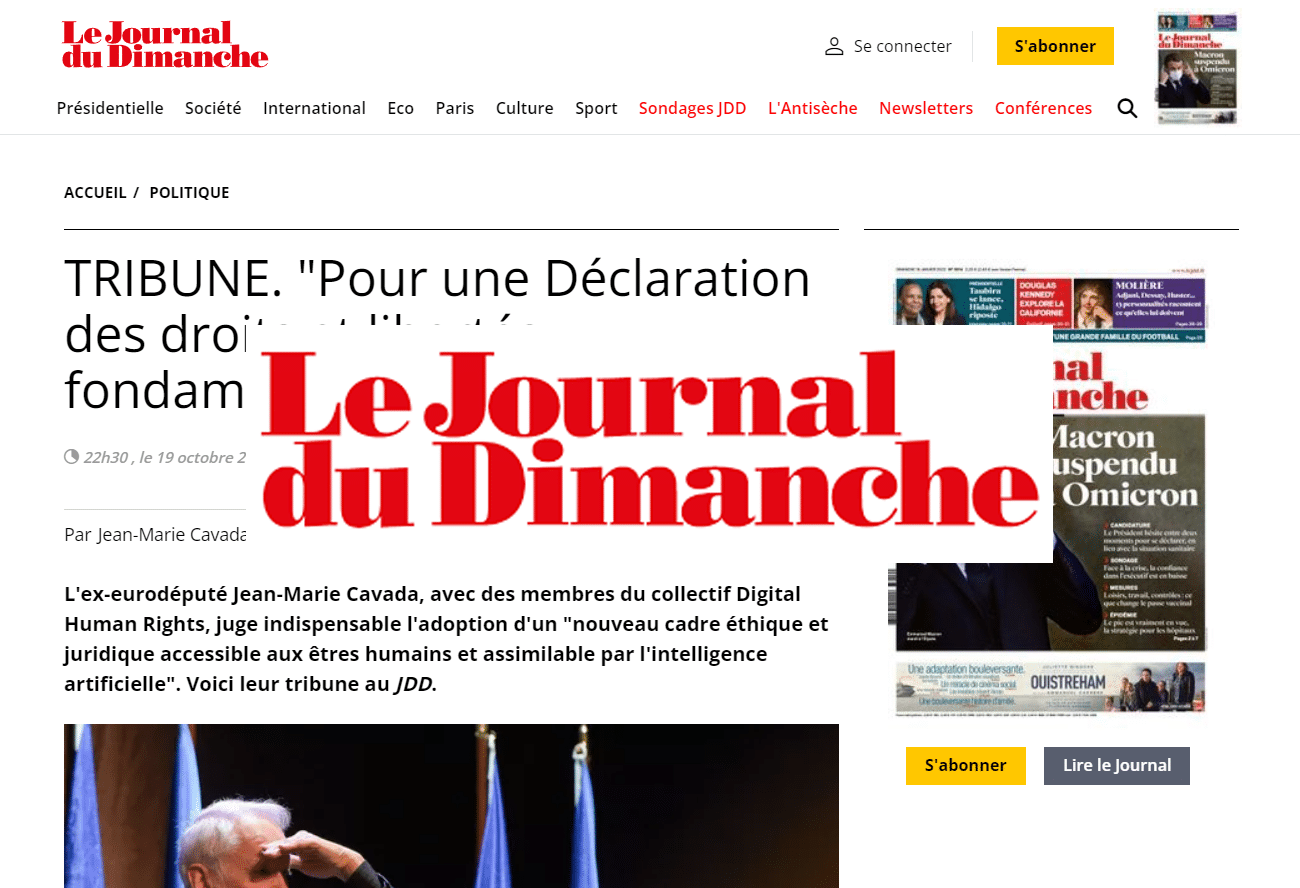
Tribune dans le JDD








